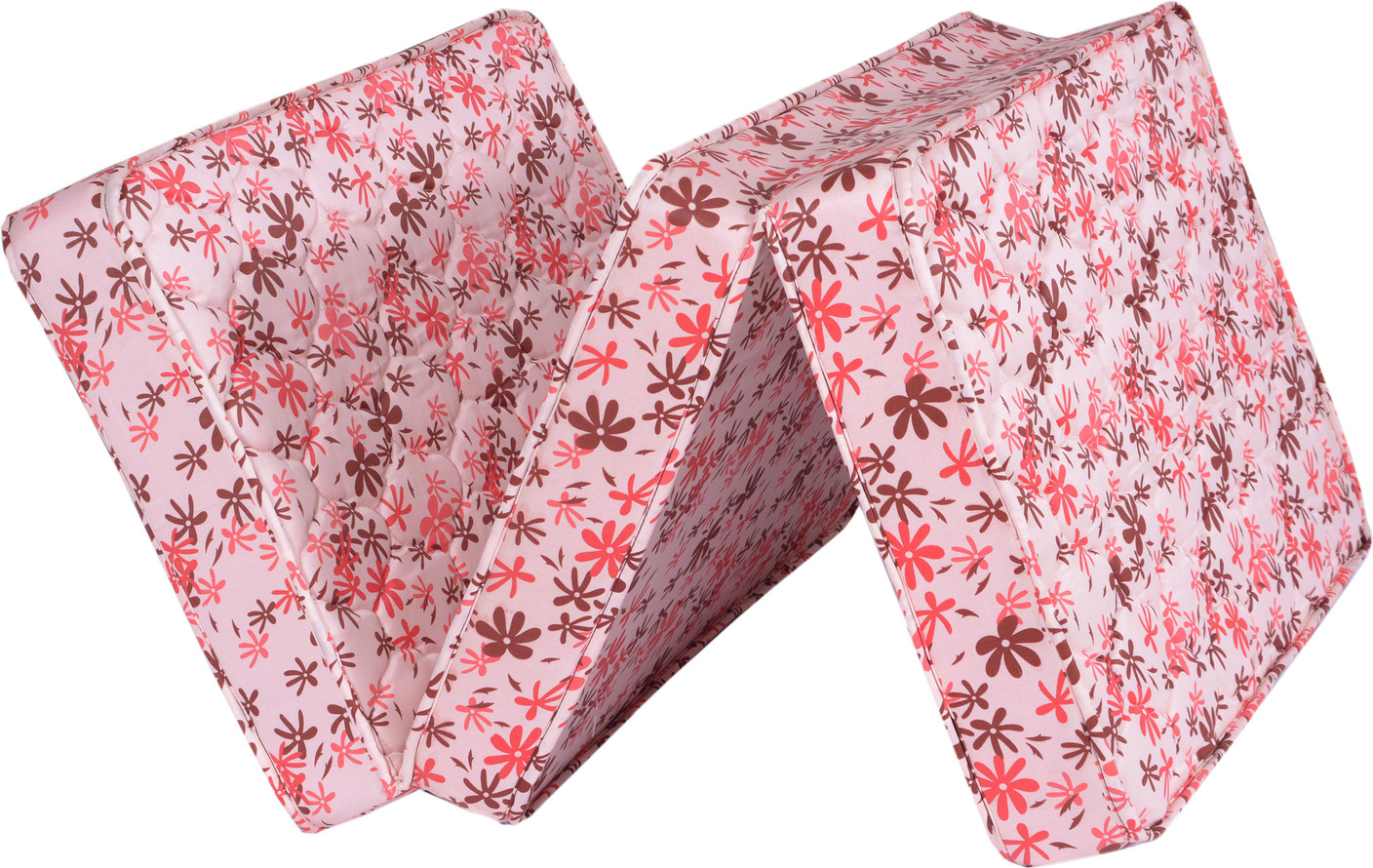A plunger is a tried and true method for unclogging a kitchen sink. This tool uses suction to dislodge any blockages in the drain. To use a plunger, first make sure there is enough water in the sink to cover the rubber end of the plunger. Then, place the plunger over the drain and push down and pull up in a quick motion. This creates suction that can help release any clogs. Repeat this process a few times until the water begins to drain properly.1. Plunger
If a plunger doesn't do the trick, you may need to use a drain snake. This tool is a long, flexible coil that can be inserted into the drain and twisted to break up and remove any blockages. Start by feeding the drain snake into the drain and twisting it as you push it further in. This will help to break up any debris. Once you feel like you've reached the blockage, pull the snake back out and dispose of any debris that may have come out with it. Repeat this process as needed.2. Drain Snake
A natural and chemical-free method for unclogging a kitchen sink is to use a combination of baking soda and vinegar. First, pour a pot of boiling water down the drain to help loosen any debris. Then, pour ½ cup of baking soda down the drain, followed by ½ cup of vinegar. Cover the drain with a cloth or plug and let it sit for about 30 minutes. Finally, pour another pot of boiling water down the drain to flush out any remaining debris.3. Baking Soda and Vinegar
If you don't have any baking soda or vinegar on hand, simply pouring a pot of boiling water down the drain can also help to unclog a kitchen sink. The heat from the water can help to break up and flush out any blockages. This method is best used for small clogs and may need to be repeated a few times for tougher blockages.4. Boiling Water
An enzyme-based drain cleaner can be an effective and environmentally-friendly solution for a kitchen sink that keeps clogging up. These cleaners use natural enzymes to break down and digest any organic materials that may be causing the blockage. Follow the instructions on the product for best results.5. Enzyme-Based Drain Cleaner
Similar to a drain snake, a plumber's snake is a longer and more heavy-duty tool that can be used to unclog a kitchen sink. These tools are typically used by professional plumbers, but can also be purchased for at-home use. Follow the same steps as using a drain snake, but be careful not to damage your pipes with the metal coil.6. Plumber's Snake
Another natural option for unclogging a kitchen sink is to use hydrogen peroxide. This household staple can help to dissolve any organic materials that may be causing the blockage. Mix equal parts hydrogen peroxide and hot water and pour it down the drain. Let it sit for 30 minutes before flushing it out with hot water.7. Hydrogen Peroxide
If you notice your kitchen sink is draining slower than usual, try using dish soap and hot water to help break up any build-up in the pipes. Simply pour a few tablespoons of dish soap down the drain, followed by a pot of boiling water. The soap can help to lubricate and loosen any debris, allowing it to be flushed out with the hot water.8. Dish Soap and Hot Water
If you have a wet/dry vacuum, you can also use it to help unclog your kitchen sink. Set the vacuum to wet mode and cover the vent with a cloth or paper towel. Place the hose over the drain and turn on the vacuum. The suction can help to pull out any debris that may be causing the blockage.9. Wet/Dry Vacuum
If all else fails, you may need to use a plumbing auger to unclog your kitchen sink. This tool is similar to a plumber's snake but is longer and more heavy-duty. It can also be used to reach clogs further down in your pipes. Follow the instructions on the product for best results.10. Plumbing Auger
Why Your Kitchen Sink Keeps Clogging Up: Tips for a Well-Designed Drainage System
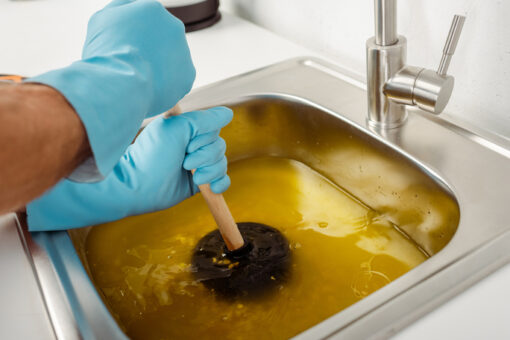
The Importance of Proper Drainage in House Design
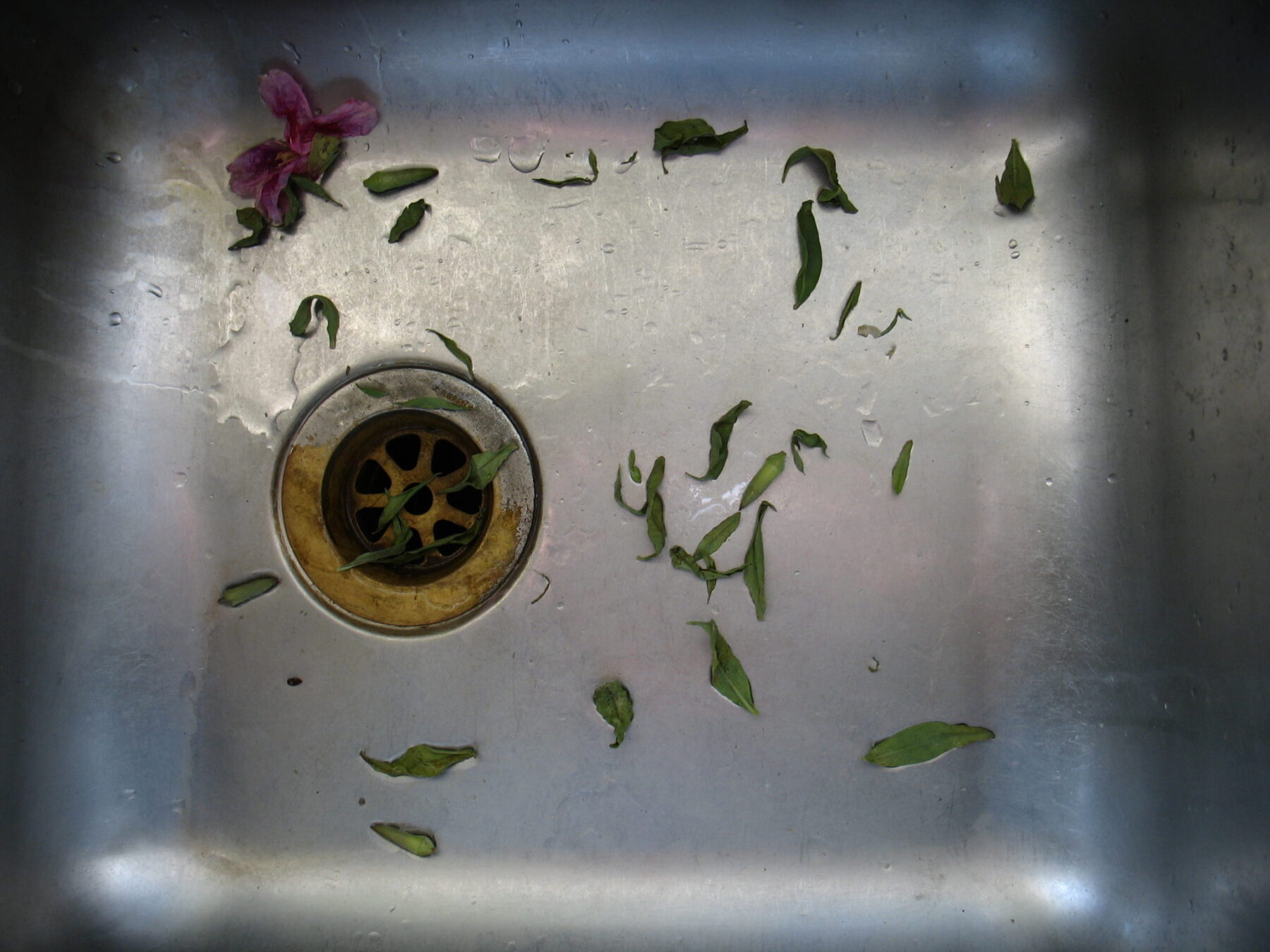 When designing a house, many homeowners focus on aesthetics and functionality, but often overlook the importance of a well-designed drainage system. This can lead to a multitude of problems, including a constantly clogged kitchen sink.
Kitchen sinks are an essential part of any household, and keeping them clear and functional is crucial for daily tasks such as cooking and cleaning.
However, if your kitchen sink keeps clogging up, it can be frustrating and time-consuming to constantly deal with the issue. Here are some key factors to consider when designing your house's drainage system to prevent clogged sinks.
When designing a house, many homeowners focus on aesthetics and functionality, but often overlook the importance of a well-designed drainage system. This can lead to a multitude of problems, including a constantly clogged kitchen sink.
Kitchen sinks are an essential part of any household, and keeping them clear and functional is crucial for daily tasks such as cooking and cleaning.
However, if your kitchen sink keeps clogging up, it can be frustrating and time-consuming to constantly deal with the issue. Here are some key factors to consider when designing your house's drainage system to prevent clogged sinks.
Proper Ventilation and Water Flow
 One of the main reasons why kitchen sinks clog up is due to inadequate ventilation and water flow.
Clogged pipes and drains can cause water to back up and create a blockage, resulting in a clogged sink.
To avoid this, it is important to have proper ventilation and slope in your drainage system. This allows for better water flow and prevents debris and food particles from getting stuck in the pipes. Additionally, make sure to regularly clean and maintain your drains to prevent any buildup that could lead to clogs.
One of the main reasons why kitchen sinks clog up is due to inadequate ventilation and water flow.
Clogged pipes and drains can cause water to back up and create a blockage, resulting in a clogged sink.
To avoid this, it is important to have proper ventilation and slope in your drainage system. This allows for better water flow and prevents debris and food particles from getting stuck in the pipes. Additionally, make sure to regularly clean and maintain your drains to prevent any buildup that could lead to clogs.
Use of Quality Materials
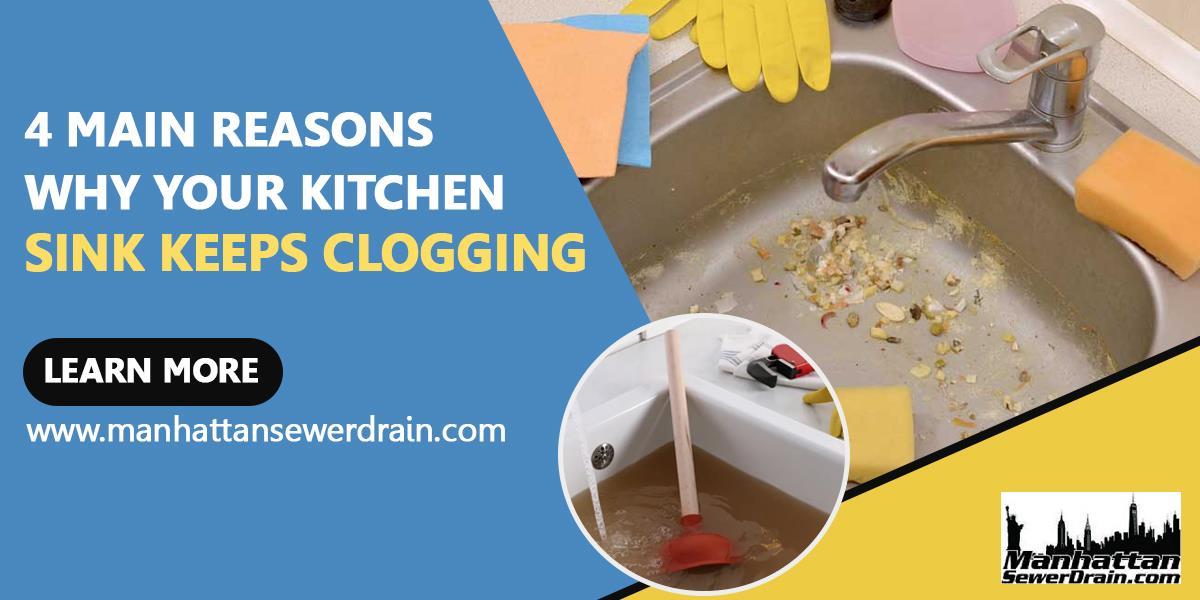 Another factor to consider when designing your drainage system is the quality of materials used.
Low-quality or faulty pipes and drains can easily become damaged and cause clogs in your kitchen sink.
It is important to invest in durable and high-quality materials that can withstand frequent use and potential blockages. This will save you from the hassle and cost of constantly dealing with clogged sinks.
Another factor to consider when designing your drainage system is the quality of materials used.
Low-quality or faulty pipes and drains can easily become damaged and cause clogs in your kitchen sink.
It is important to invest in durable and high-quality materials that can withstand frequent use and potential blockages. This will save you from the hassle and cost of constantly dealing with clogged sinks.
Proper Disposal of Food and Grease
 Improper disposal of food and grease is one of the most common causes of clogged kitchen sinks.
Food particles and grease can easily accumulate in pipes and drains, leading to blockages and clogs.
To prevent this, make sure to properly dispose of food scraps and grease by throwing them in the trash or using a sink strainer. This will help keep your pipes and drains clear and prevent any clogs from occurring.
Improper disposal of food and grease is one of the most common causes of clogged kitchen sinks.
Food particles and grease can easily accumulate in pipes and drains, leading to blockages and clogs.
To prevent this, make sure to properly dispose of food scraps and grease by throwing them in the trash or using a sink strainer. This will help keep your pipes and drains clear and prevent any clogs from occurring.
Regular Maintenance and Inspections
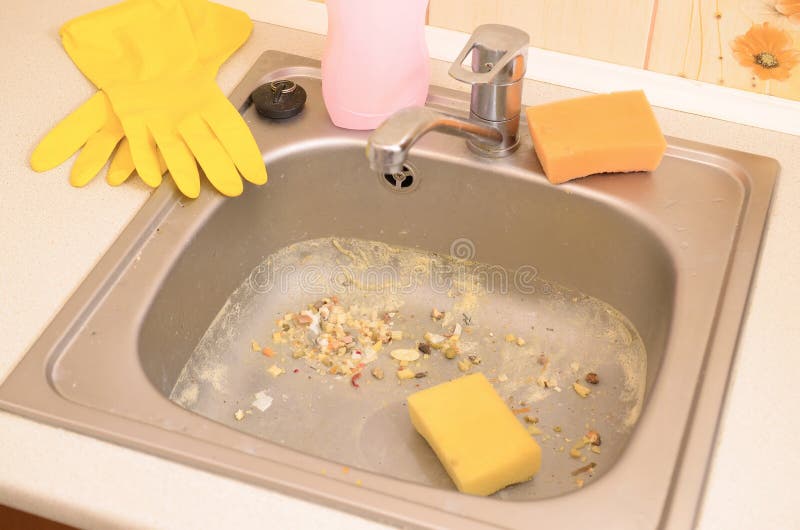 Lastly, regular maintenance and inspections of your drainage system are crucial in preventing clogs in your kitchen sink.
Small issues such as minor clogs or leaks can quickly escalate into bigger problems if left unattended.
Schedule regular maintenance checks and inspections with a professional plumber to ensure that your drainage system is functioning properly and to catch any potential issues before they become major problems.
In conclusion, a well-designed drainage system is essential in preventing clogs in your kitchen sink.
Proper ventilation and water flow, use of quality materials, proper disposal of food and grease, and regular maintenance and inspections are all key factors in keeping your sinks clear and functional.
By considering these factors during the house design process, you can avoid the frustration and inconvenience of dealing with a constantly clogged kitchen sink. Keep these tips in mind and enjoy a hassle-free and well-designed drainage system in your home.
Lastly, regular maintenance and inspections of your drainage system are crucial in preventing clogs in your kitchen sink.
Small issues such as minor clogs or leaks can quickly escalate into bigger problems if left unattended.
Schedule regular maintenance checks and inspections with a professional plumber to ensure that your drainage system is functioning properly and to catch any potential issues before they become major problems.
In conclusion, a well-designed drainage system is essential in preventing clogs in your kitchen sink.
Proper ventilation and water flow, use of quality materials, proper disposal of food and grease, and regular maintenance and inspections are all key factors in keeping your sinks clear and functional.
By considering these factors during the house design process, you can avoid the frustration and inconvenience of dealing with a constantly clogged kitchen sink. Keep these tips in mind and enjoy a hassle-free and well-designed drainage system in your home.


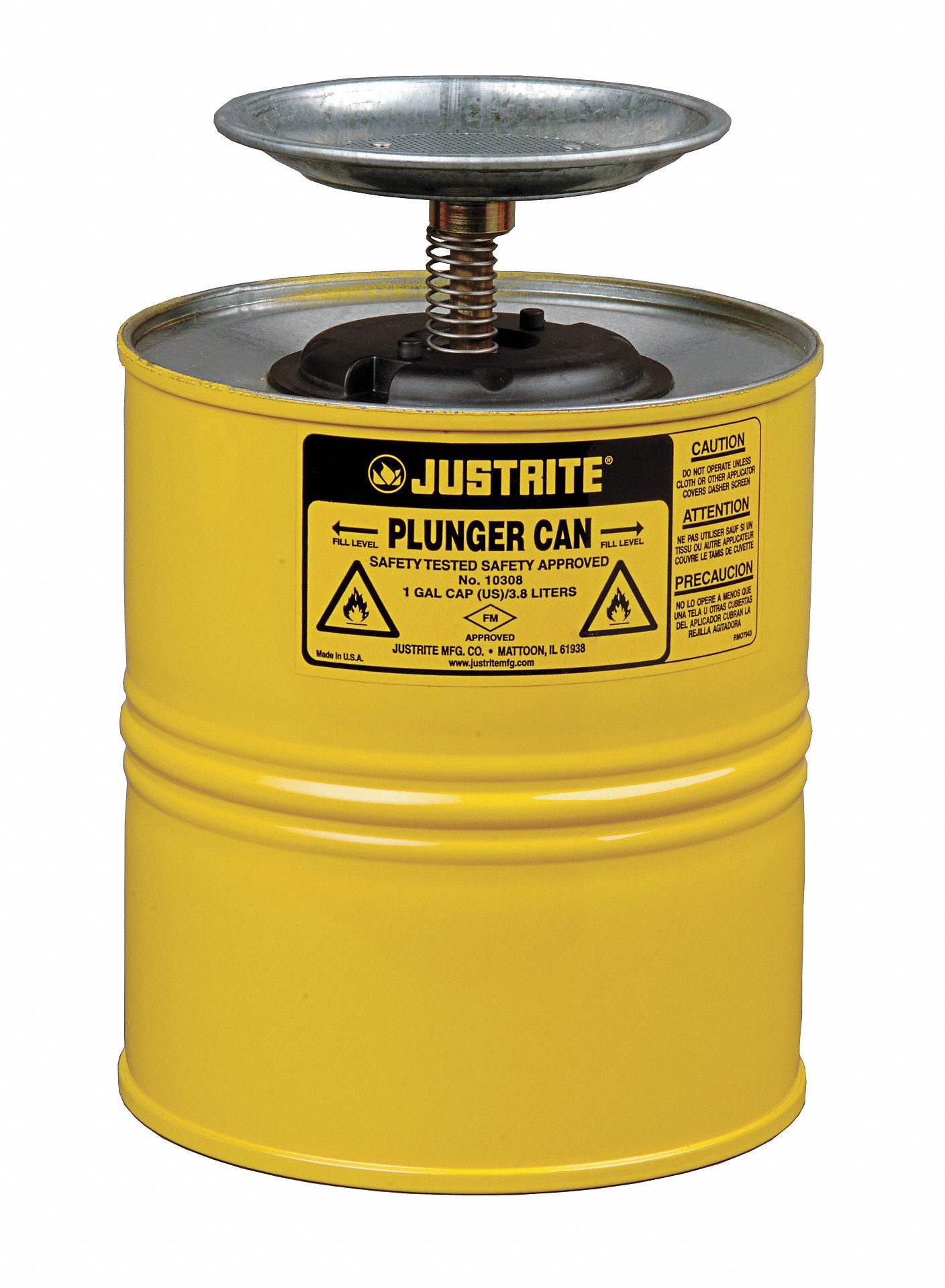
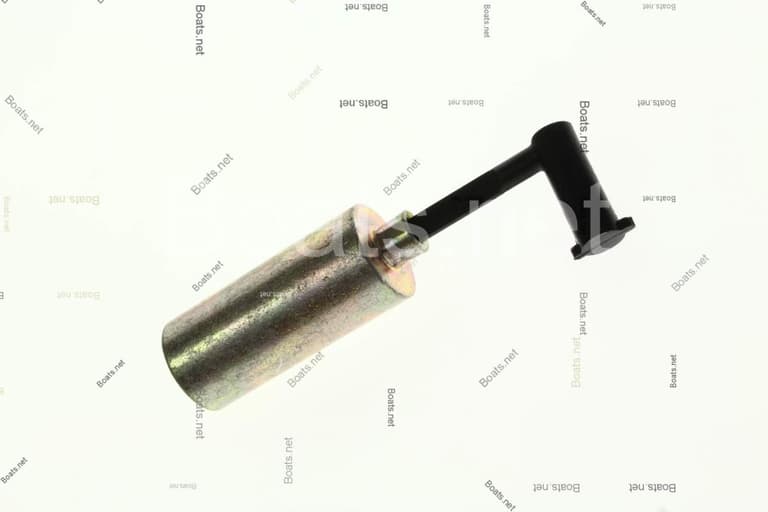
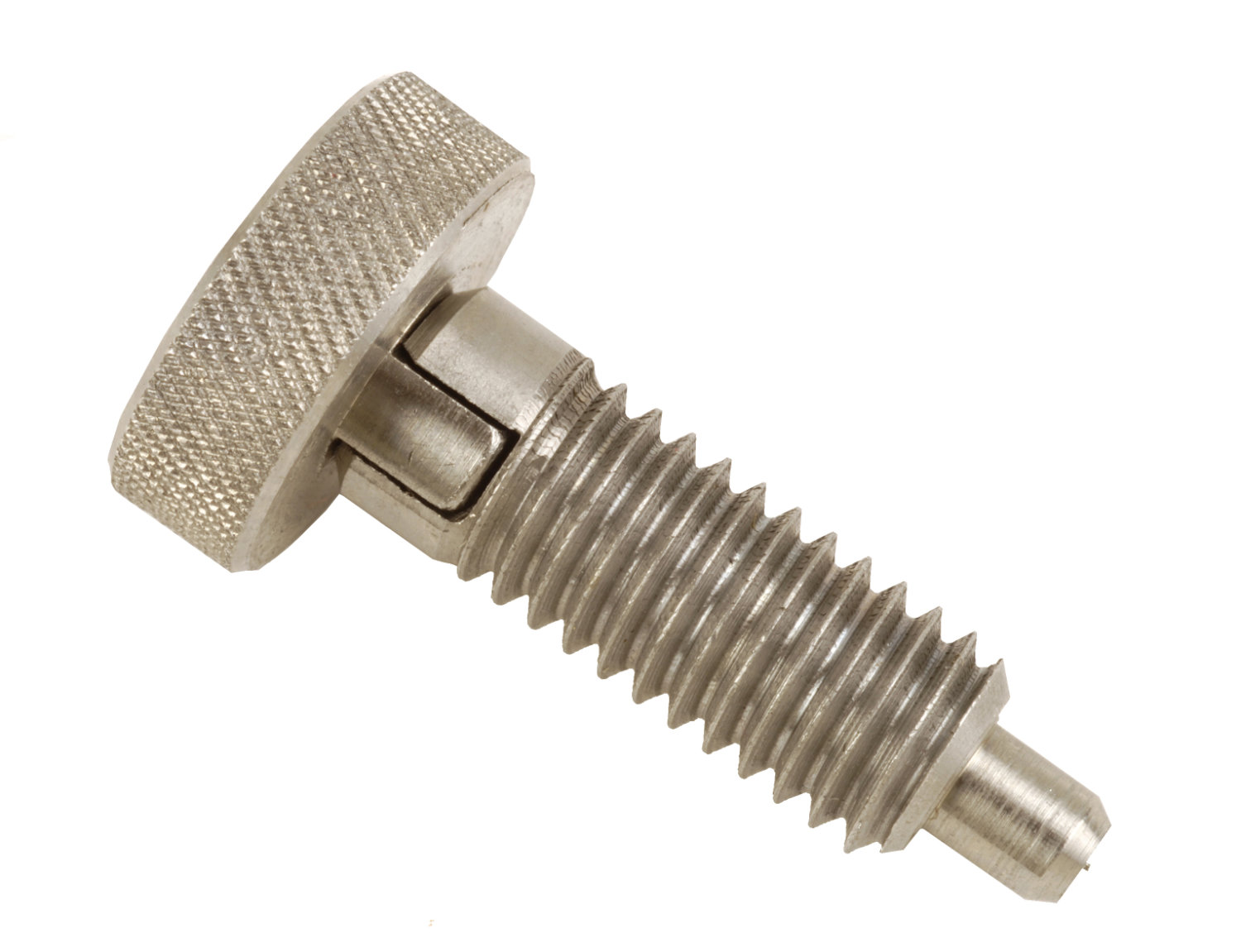

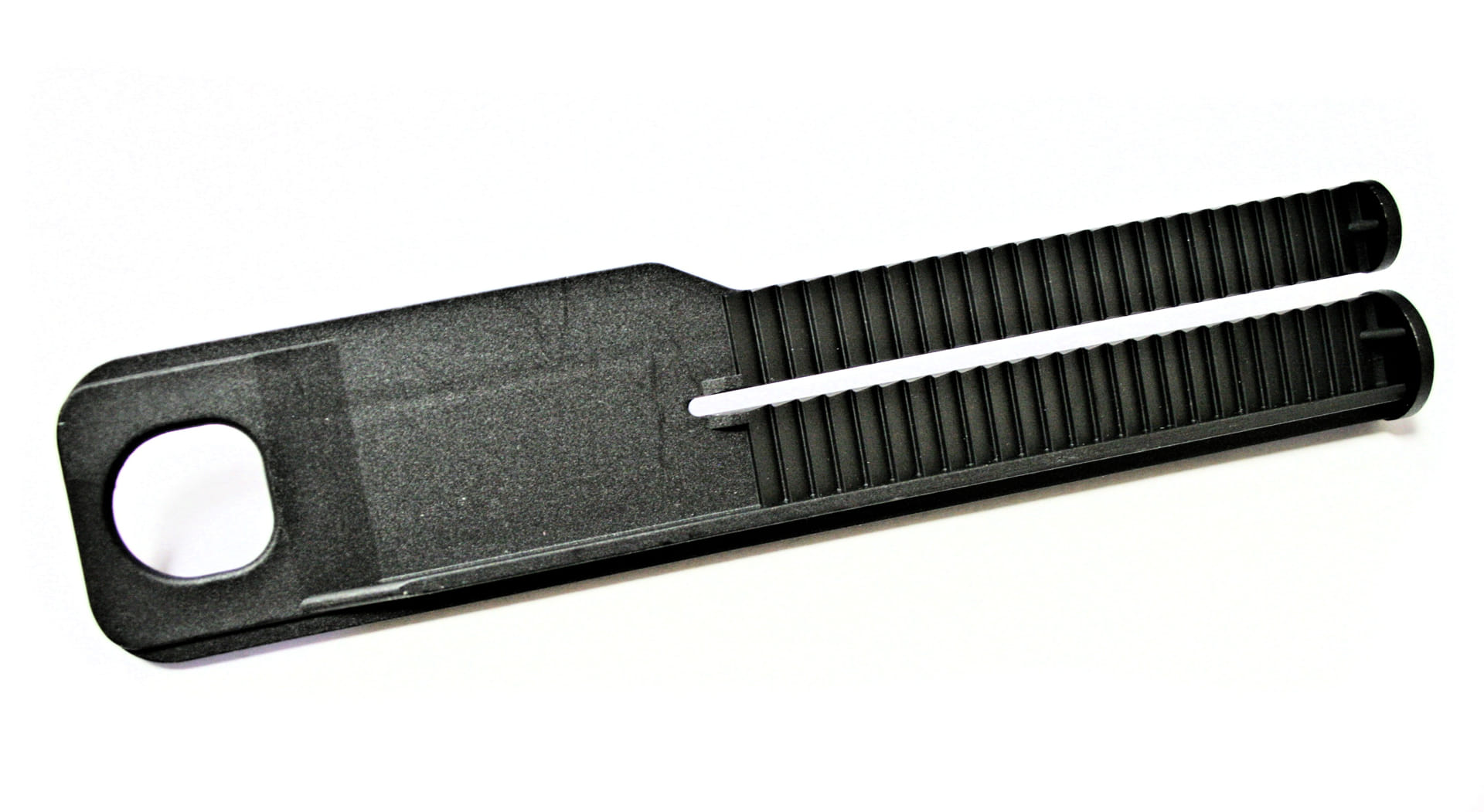

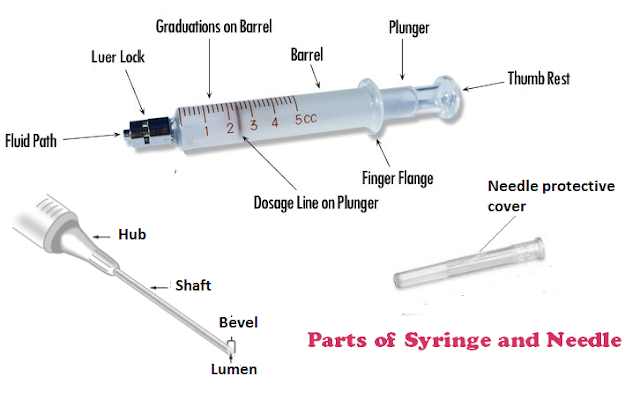
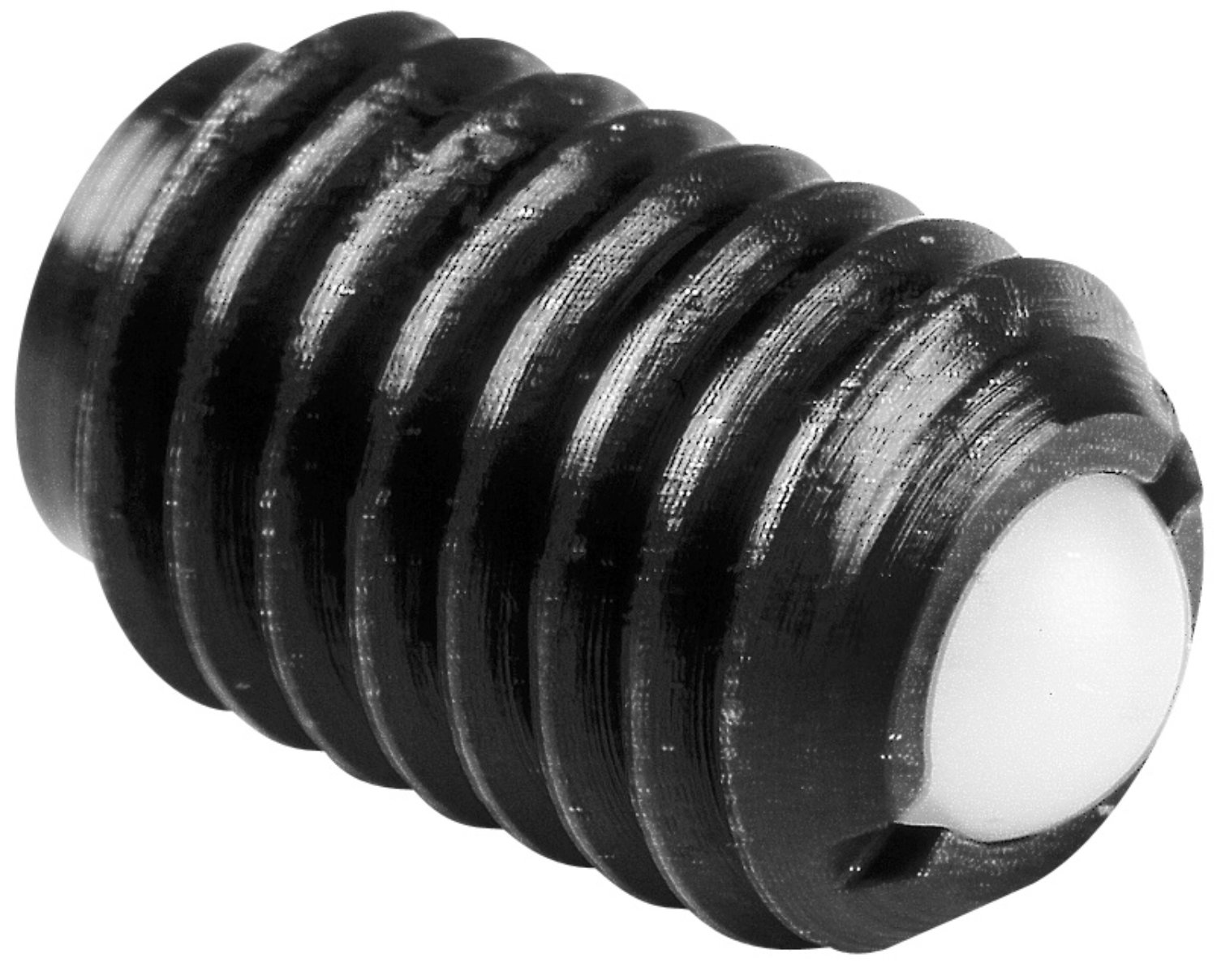

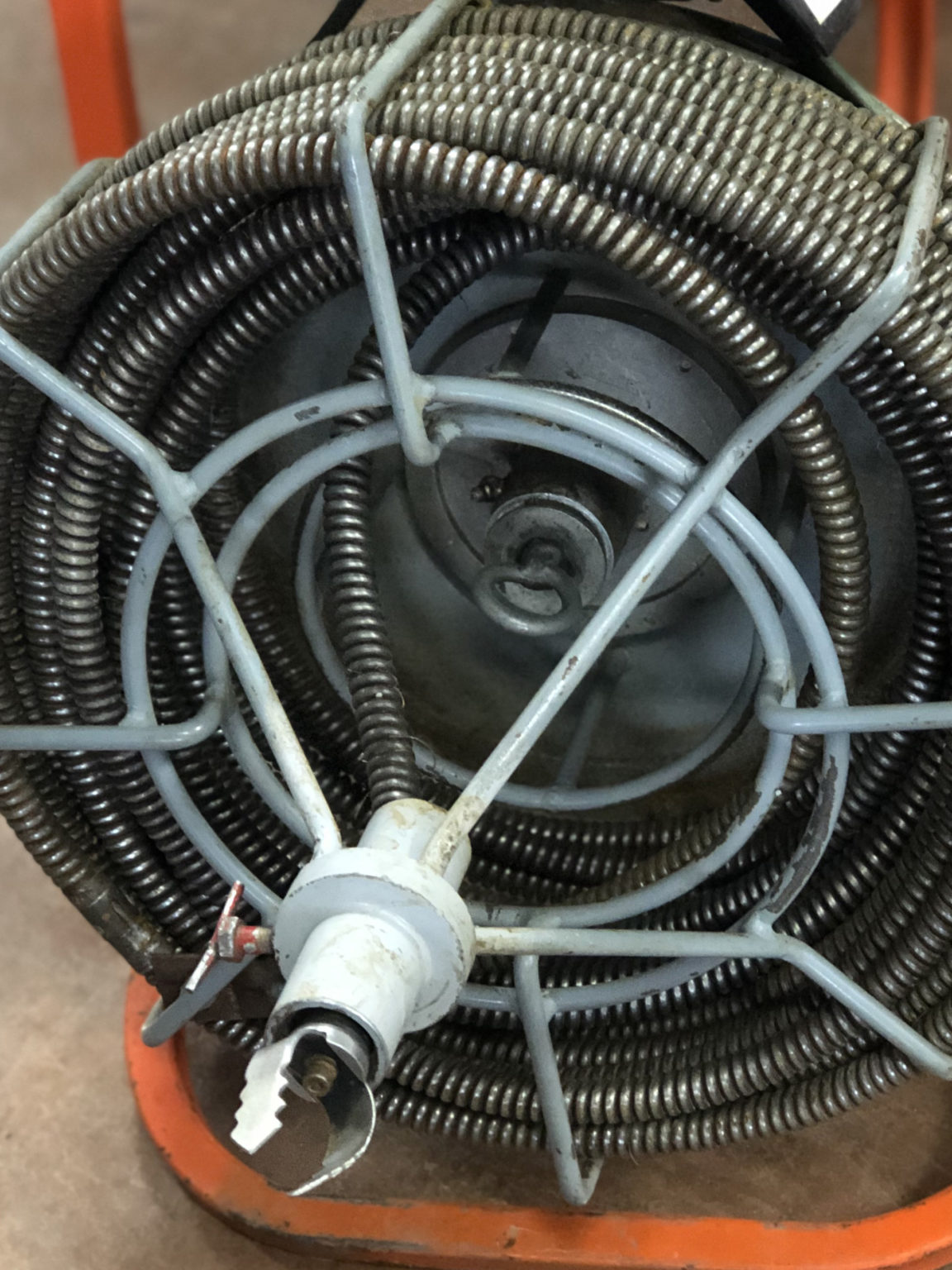
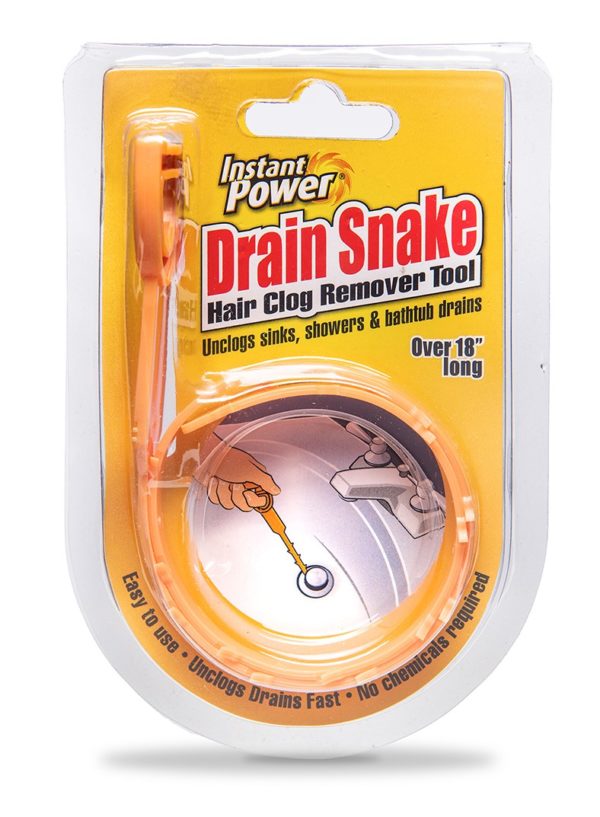

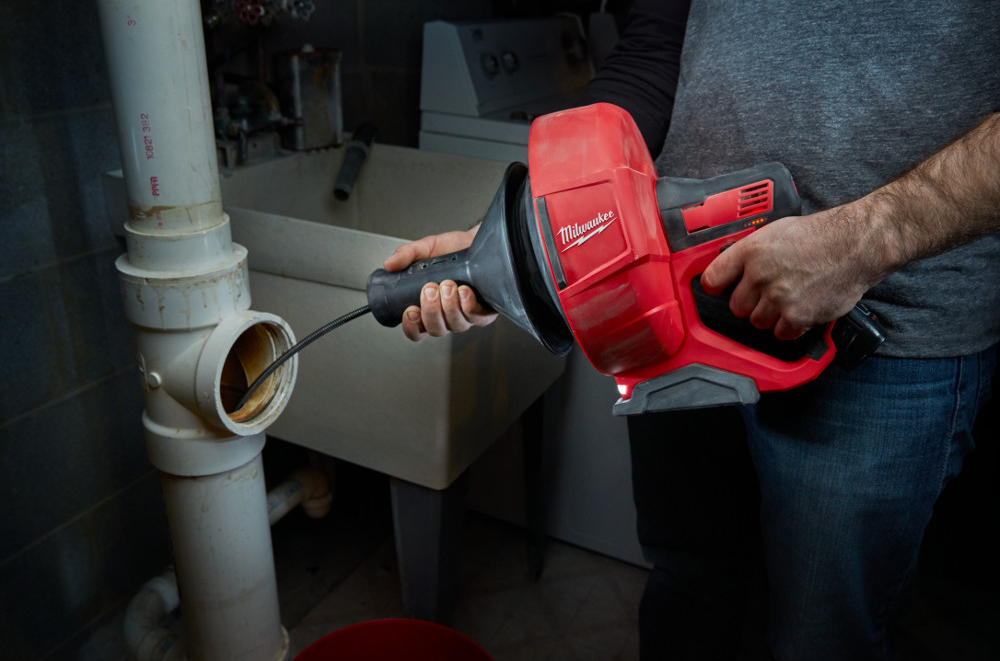
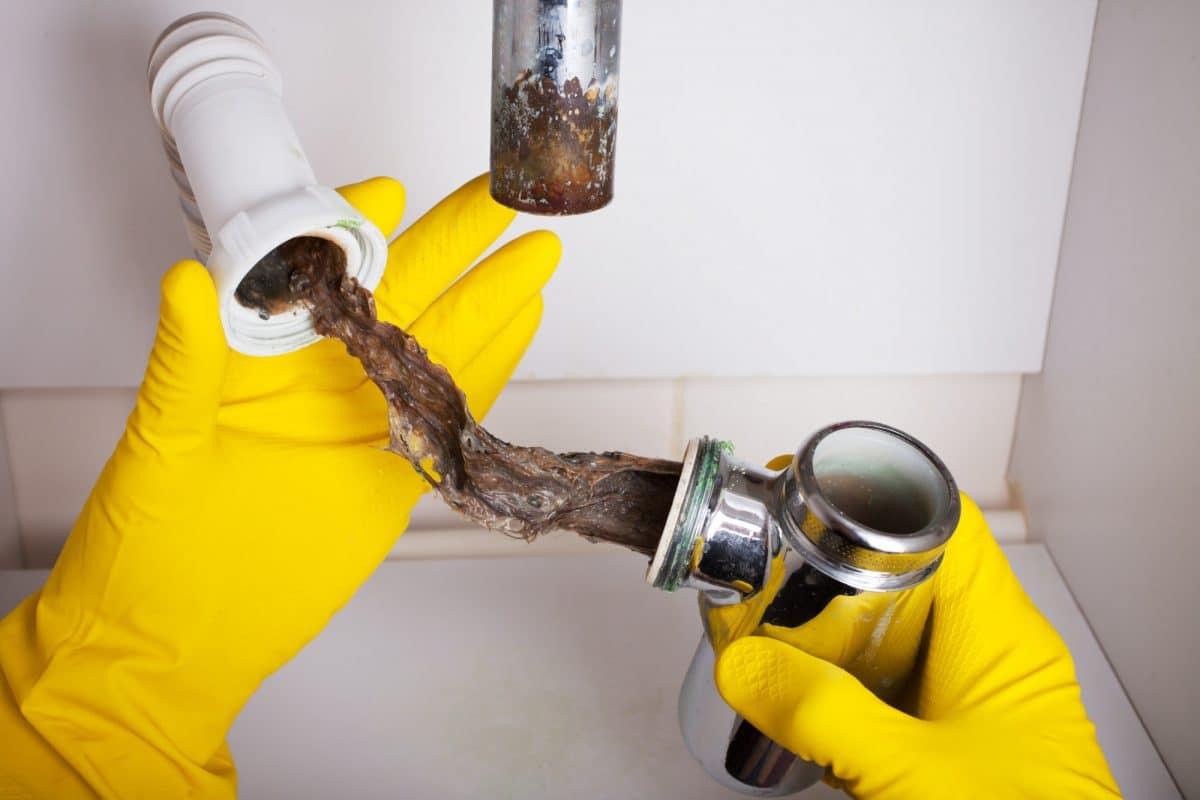
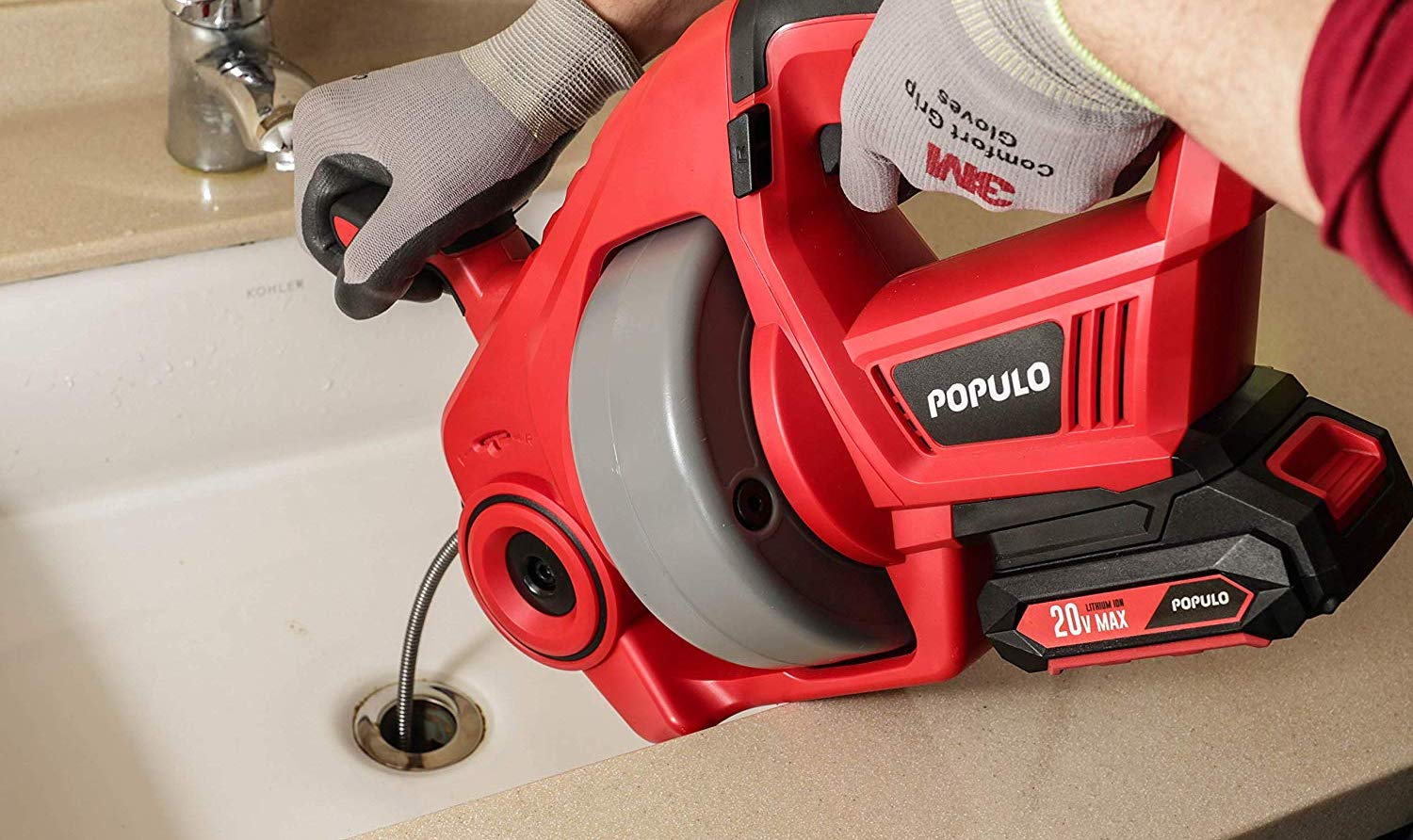
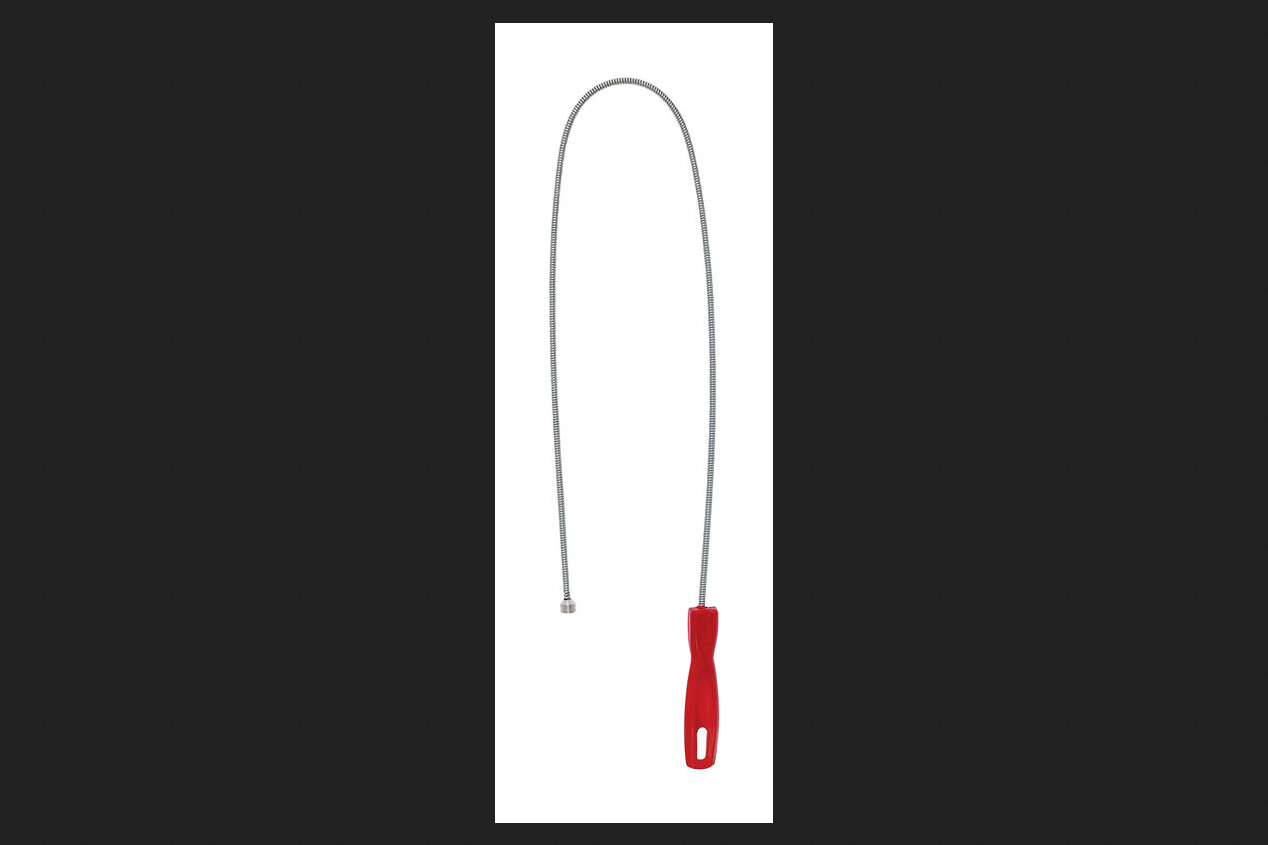



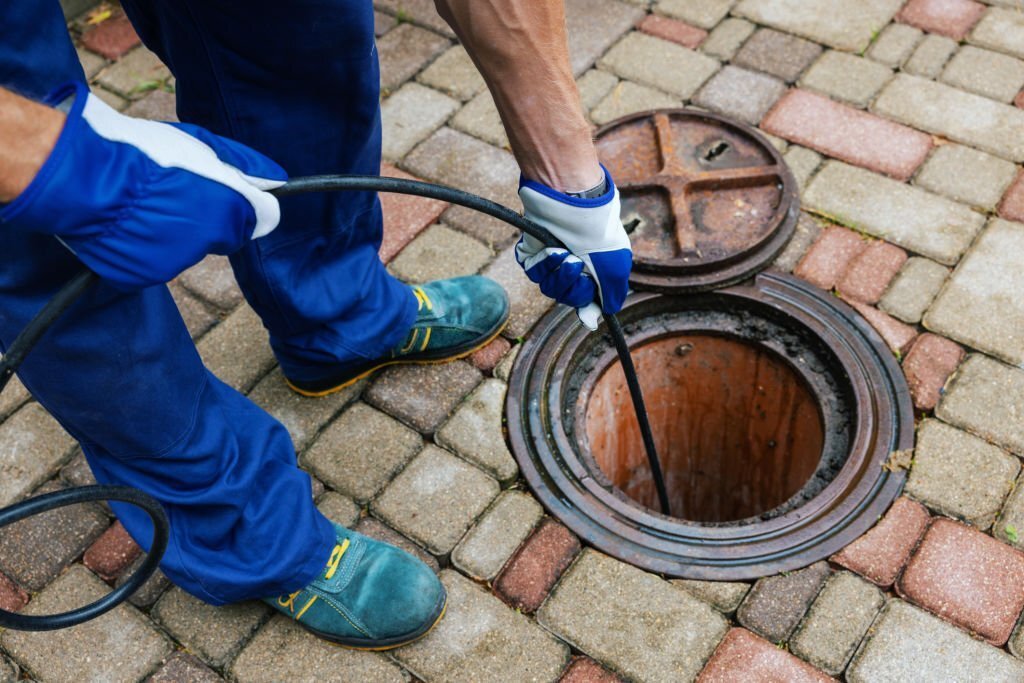
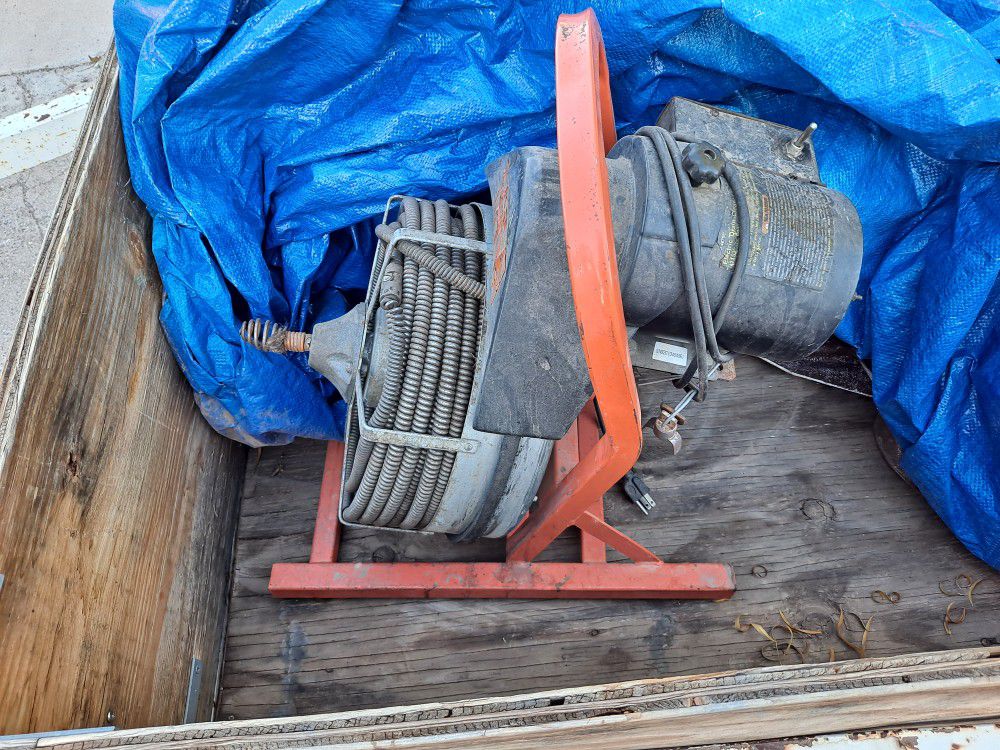





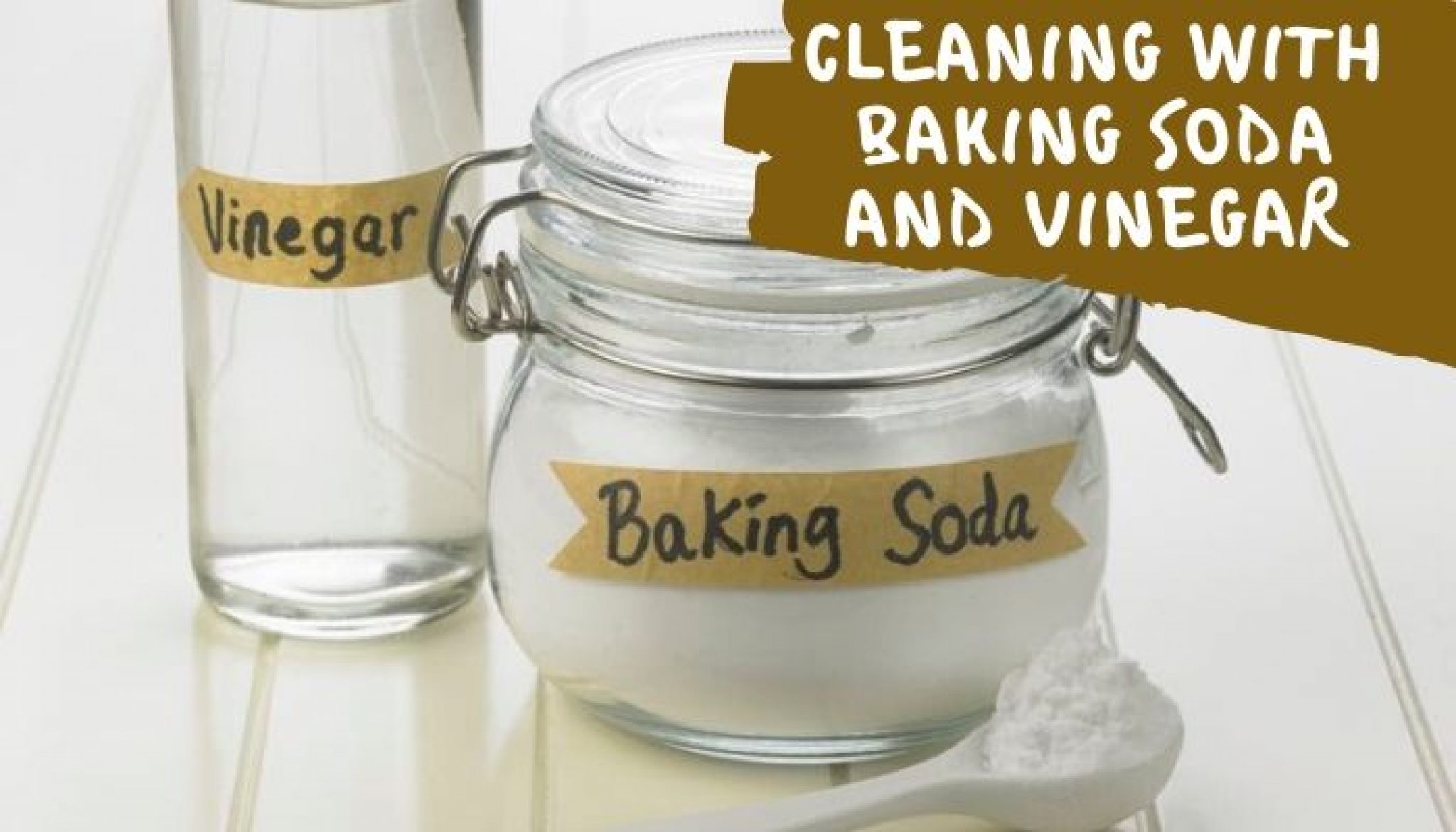


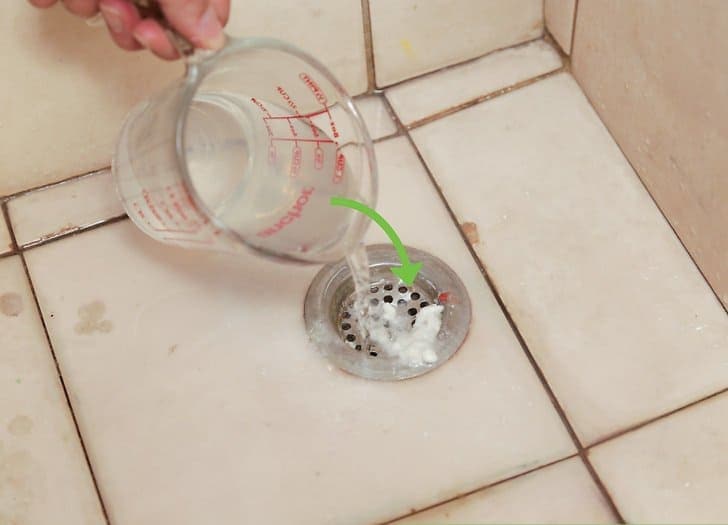



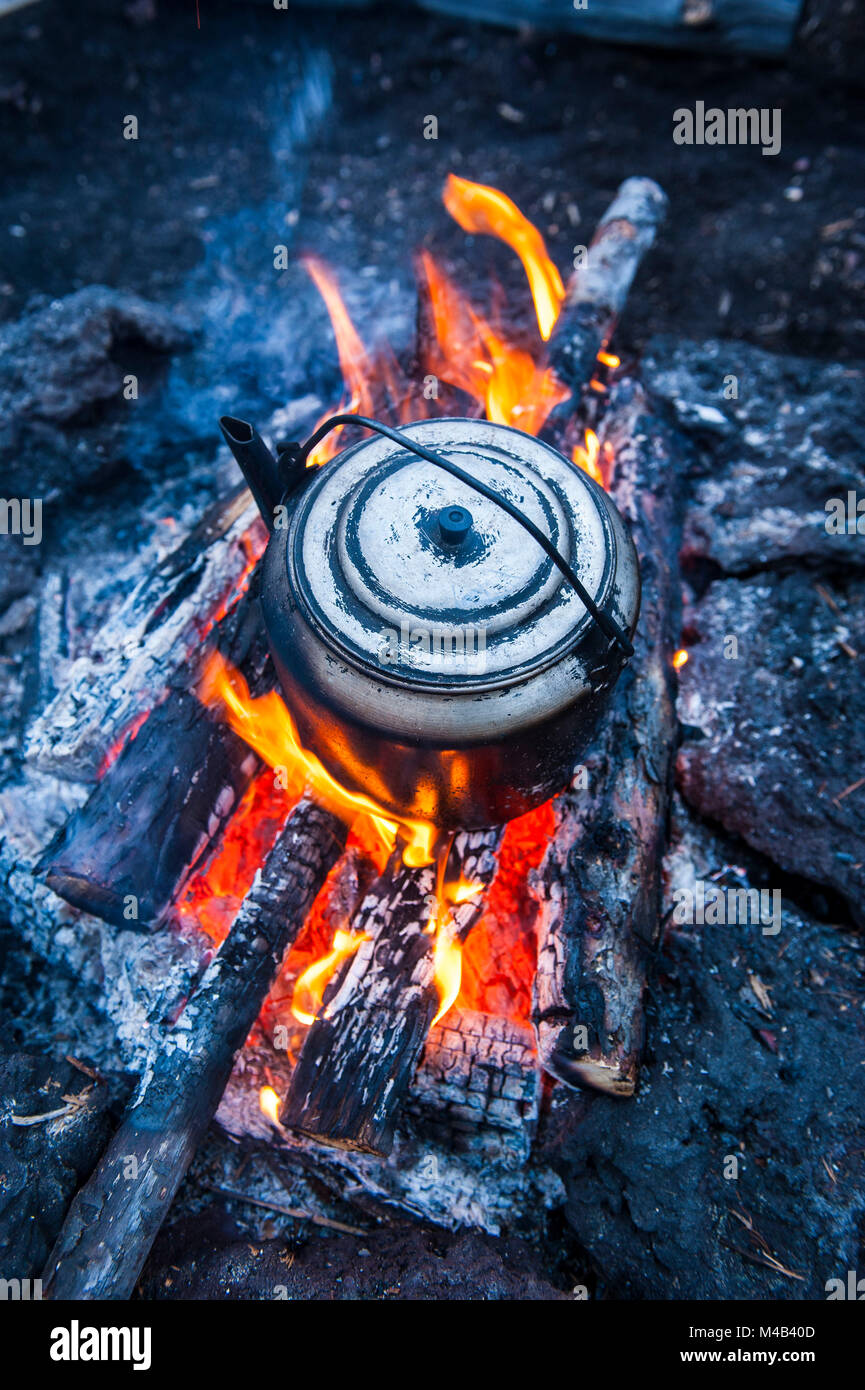


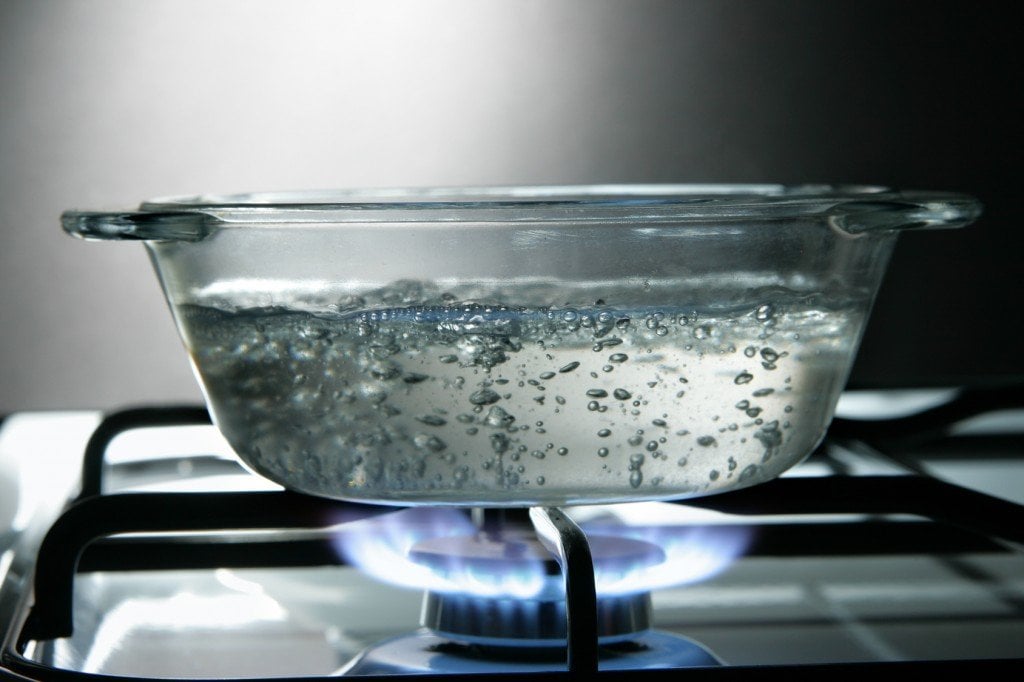

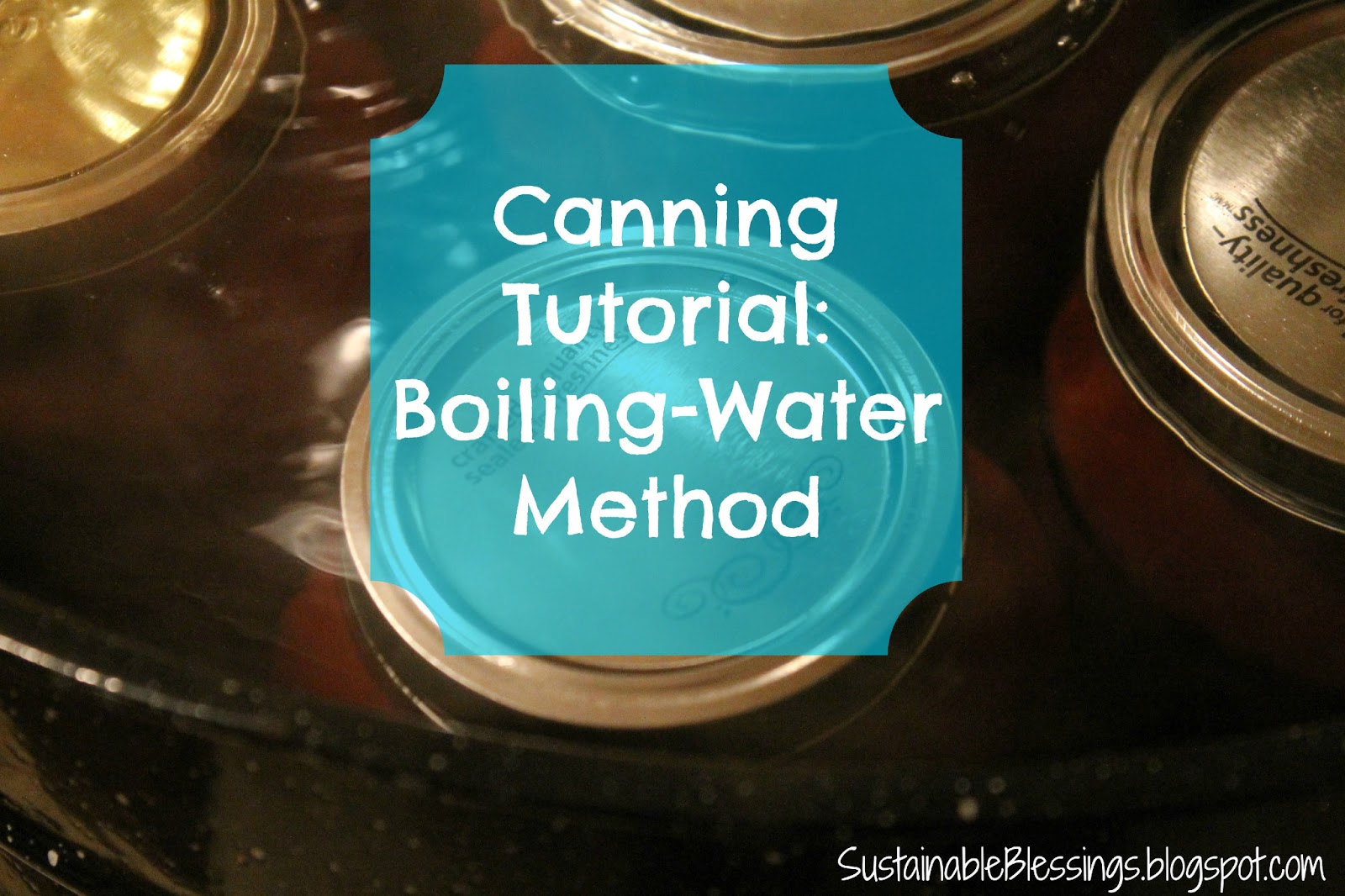
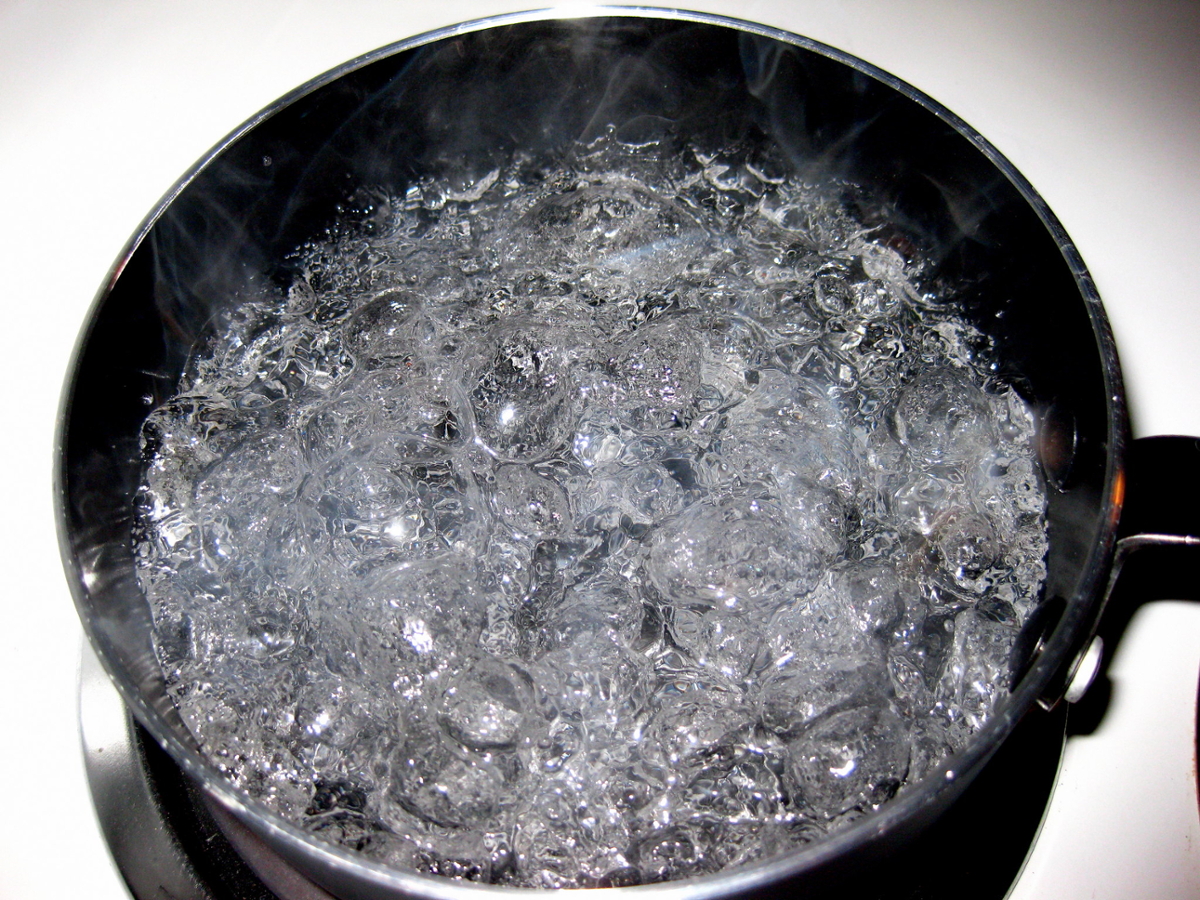
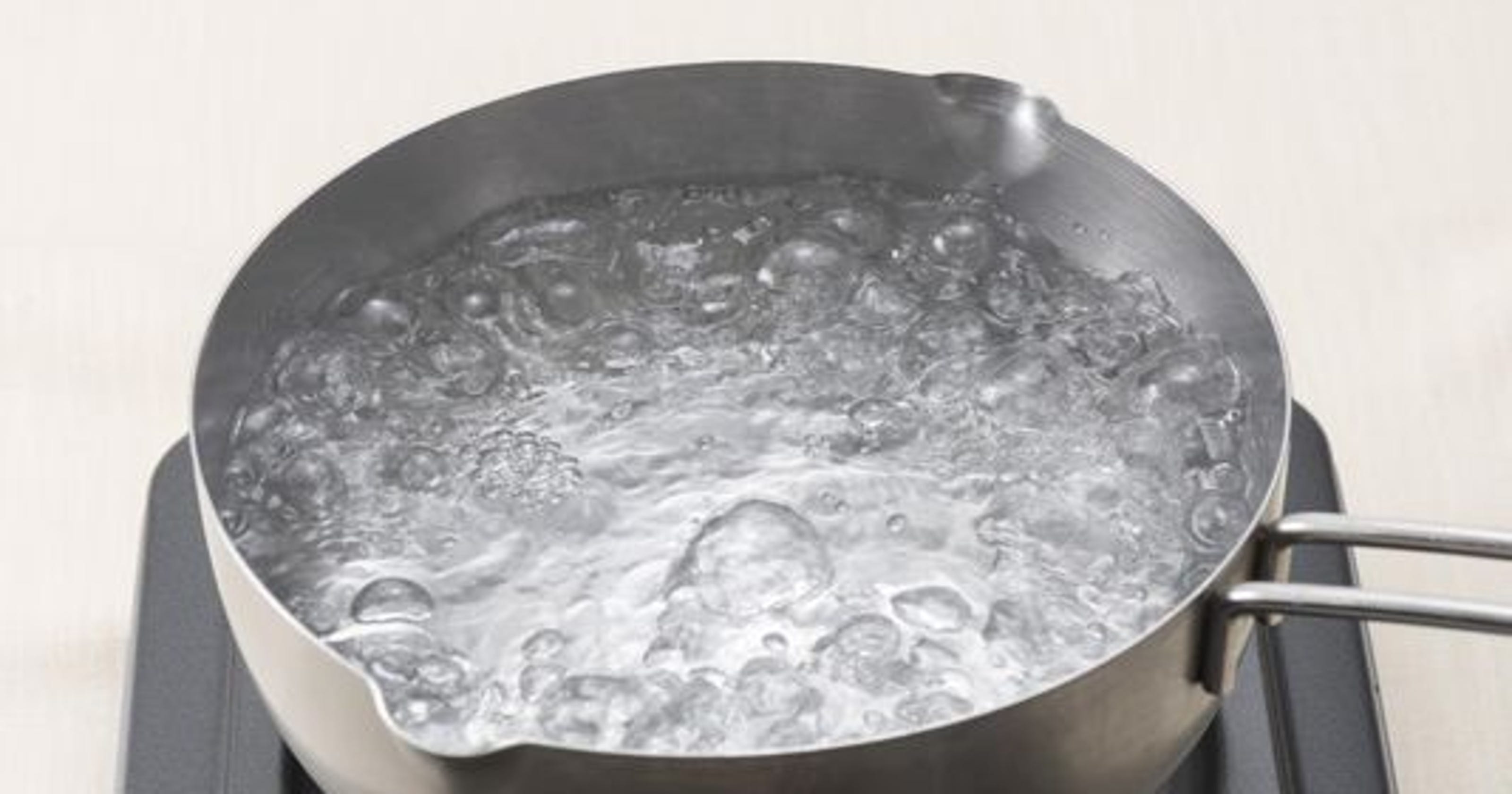




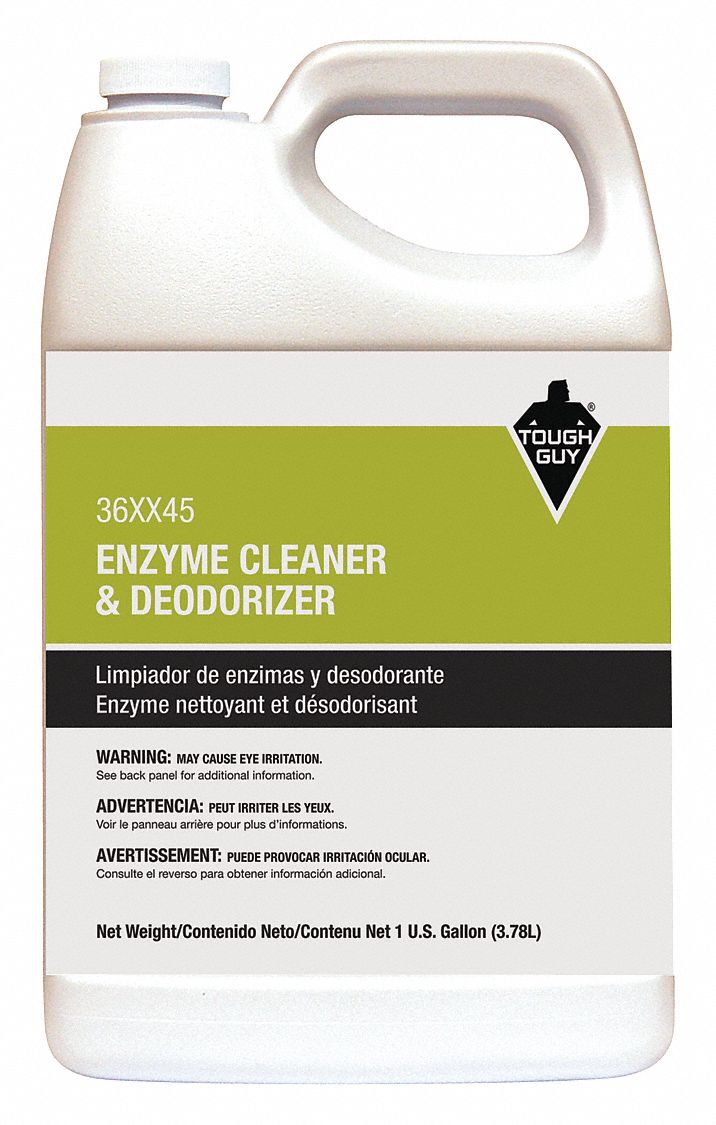






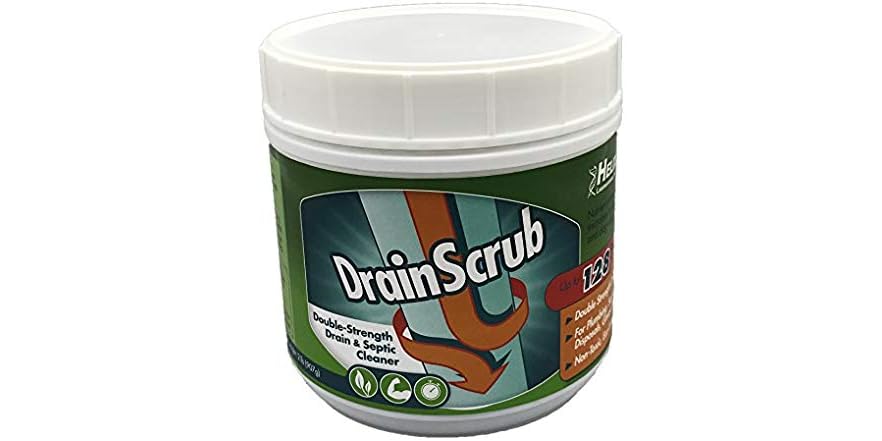







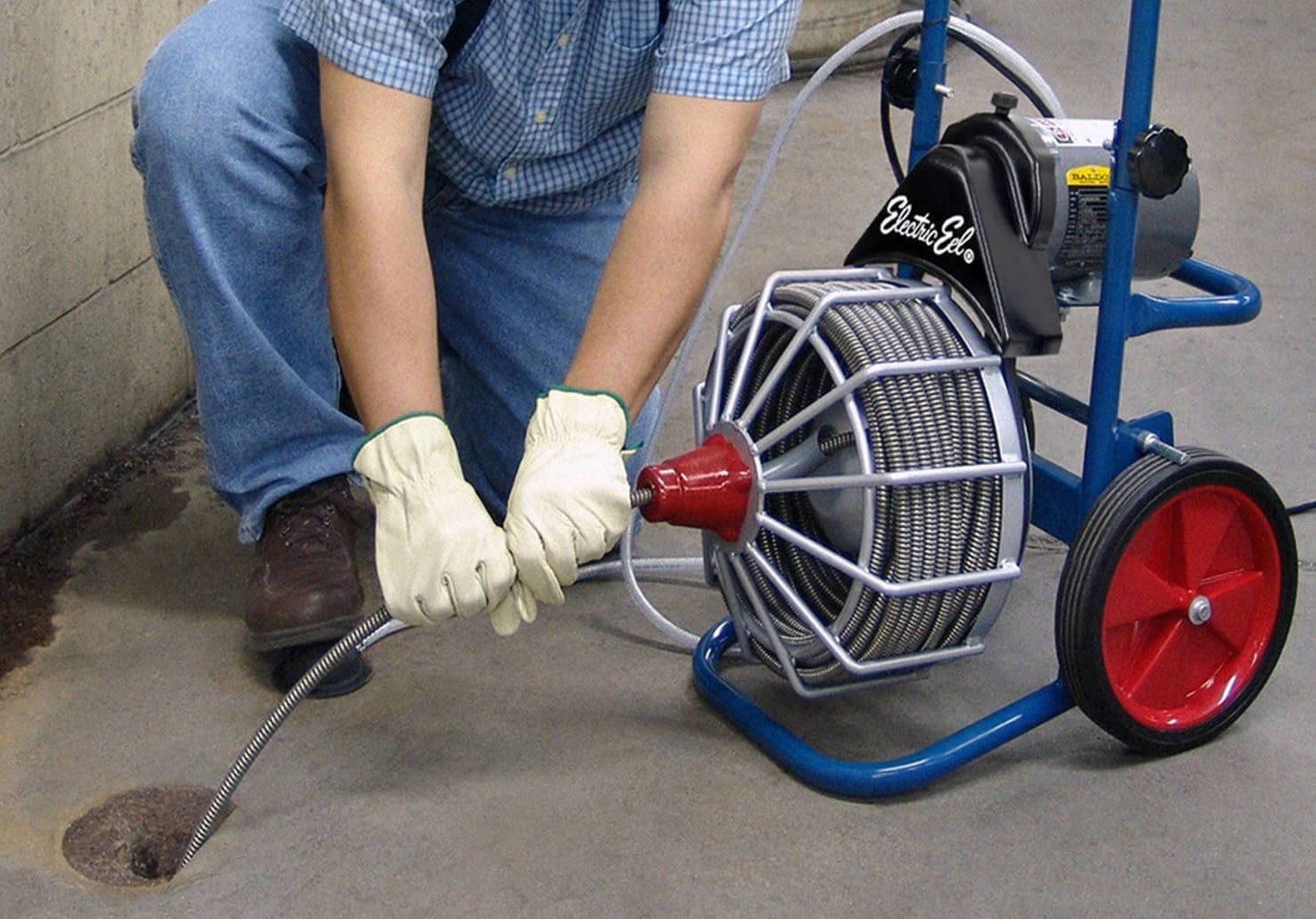

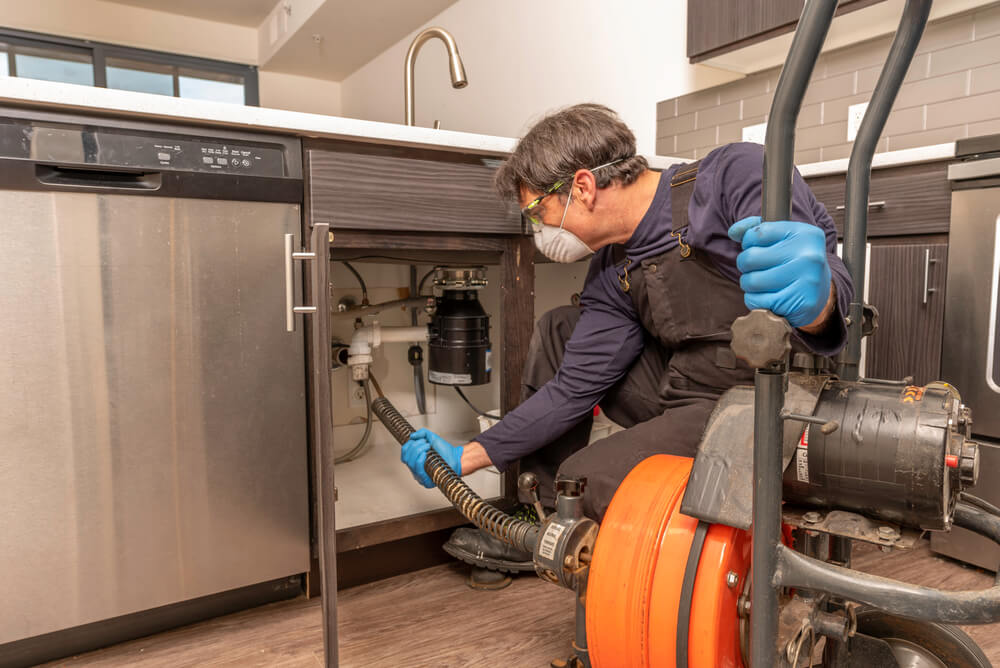
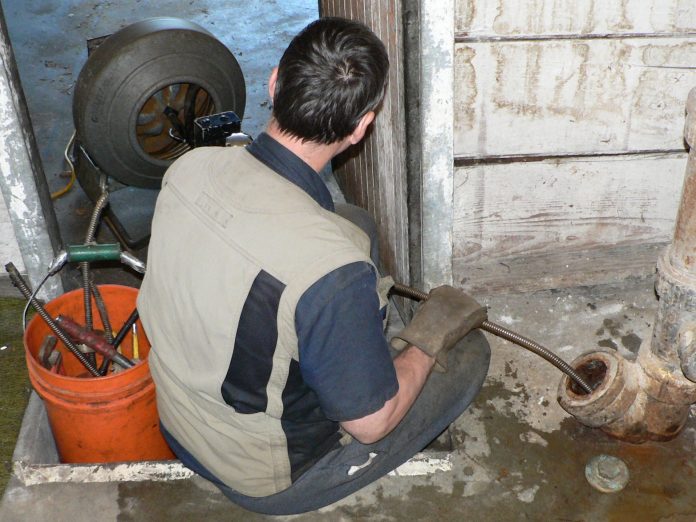

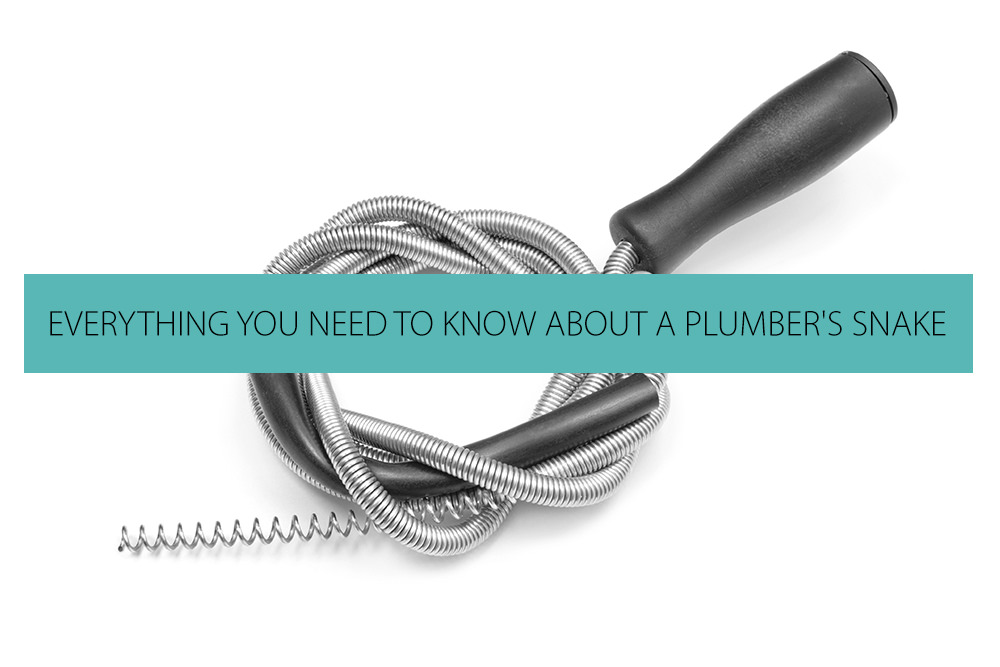


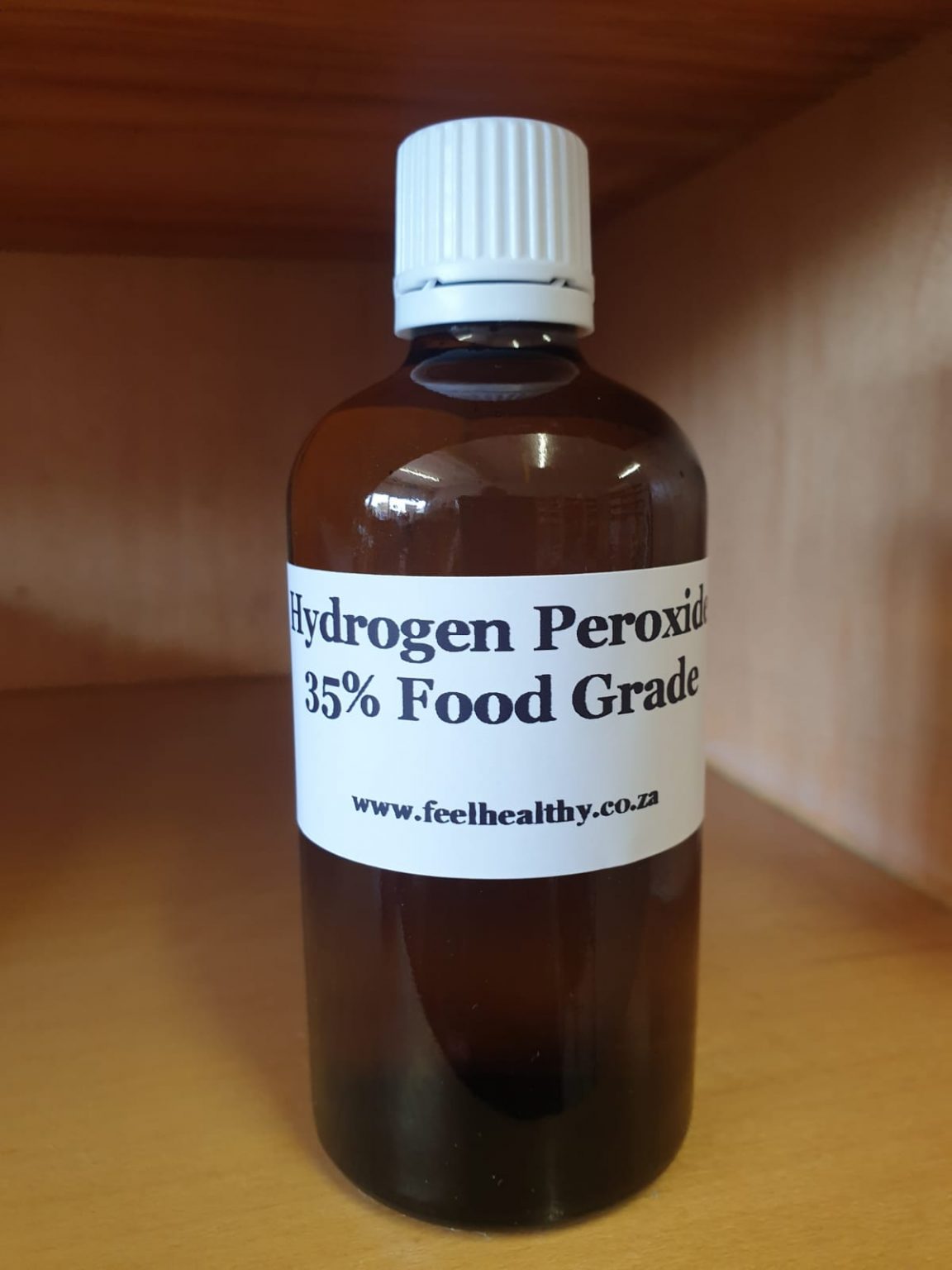

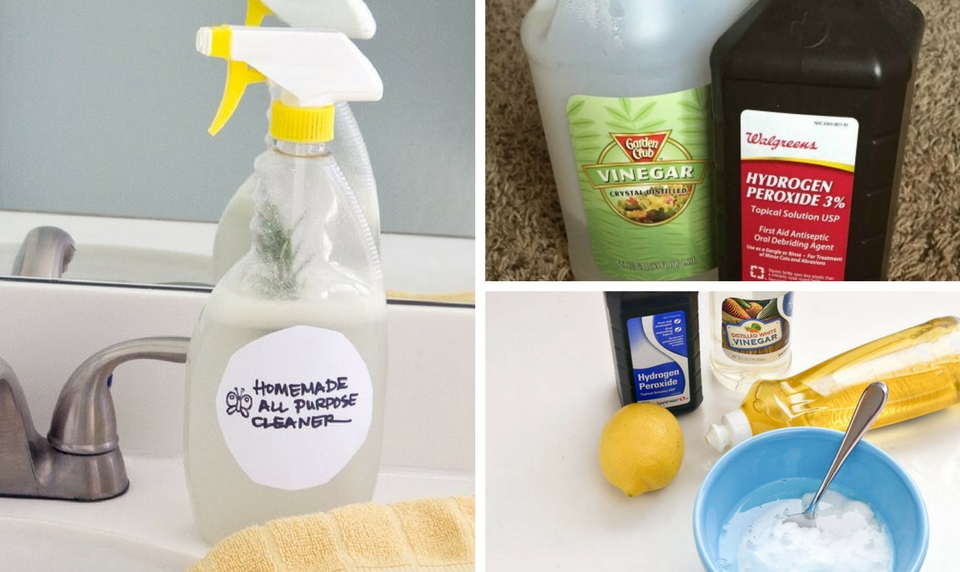










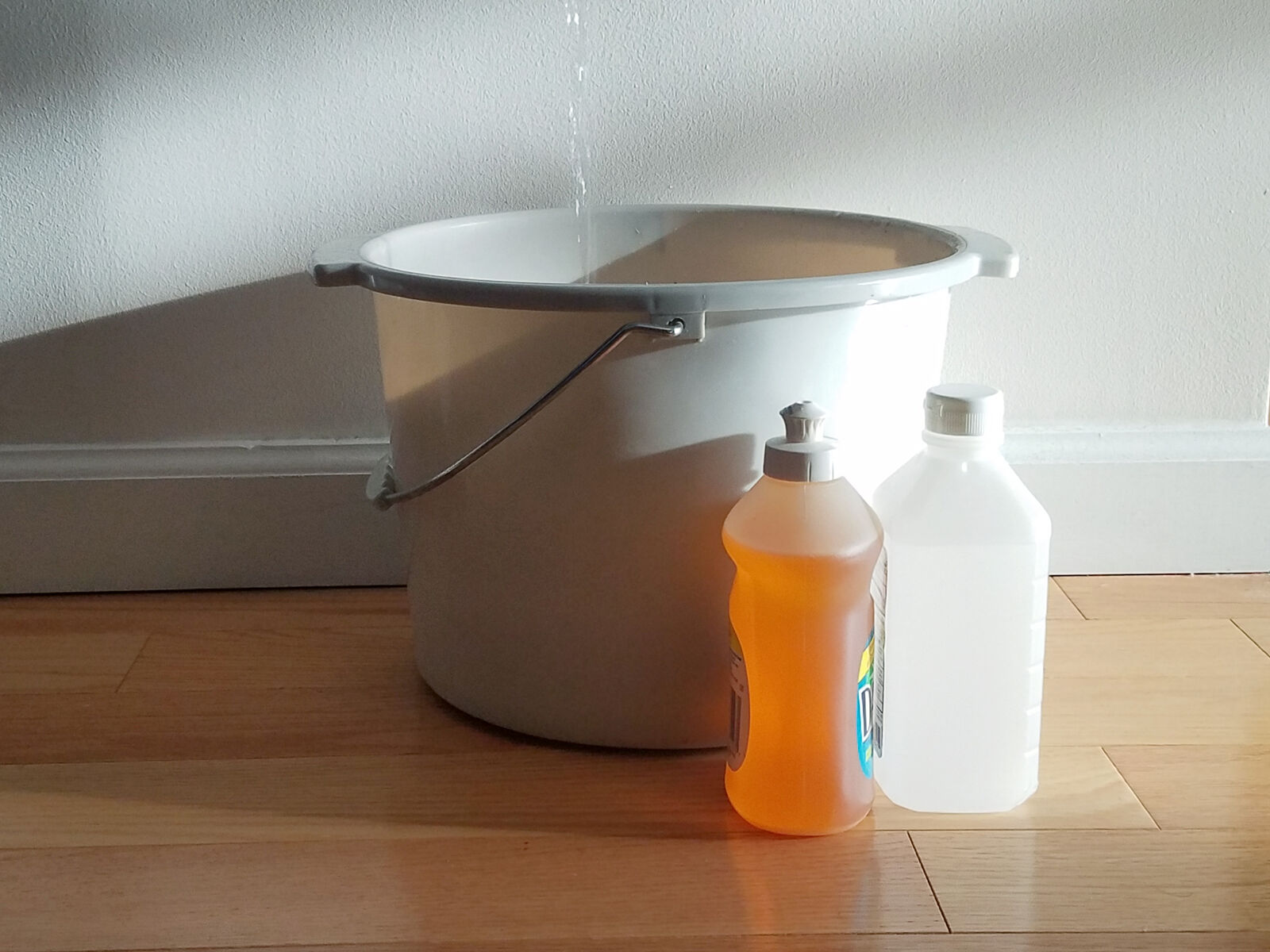
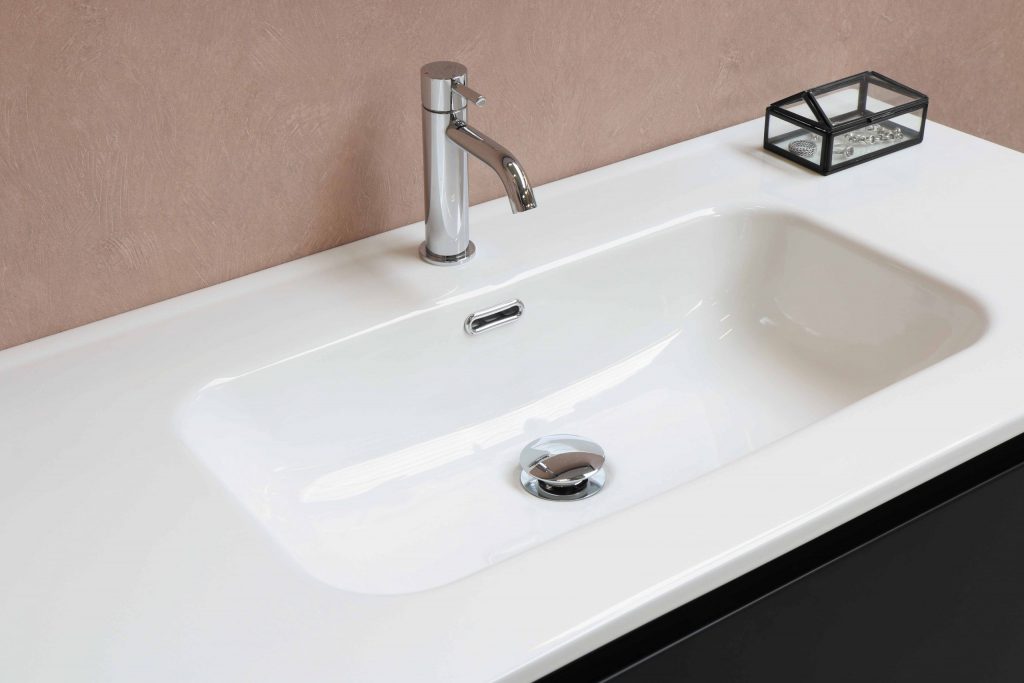

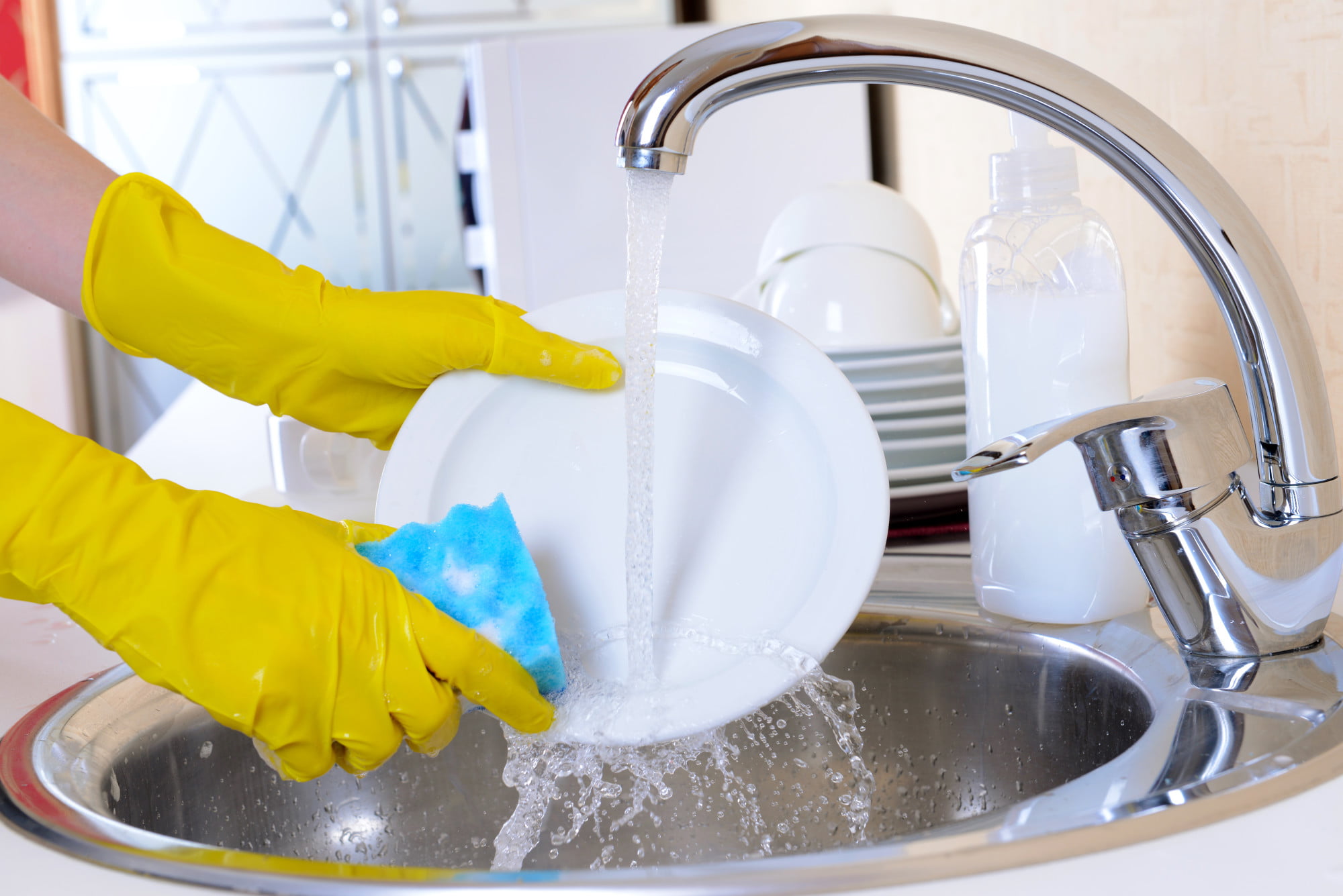
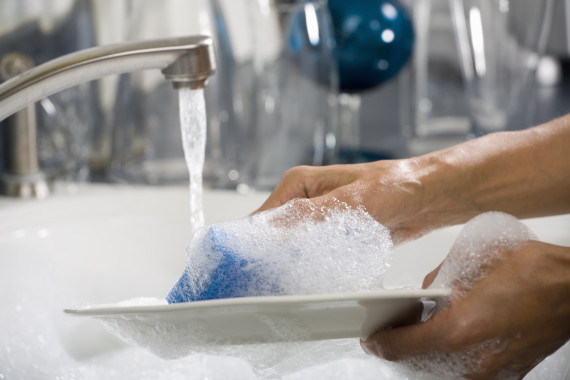

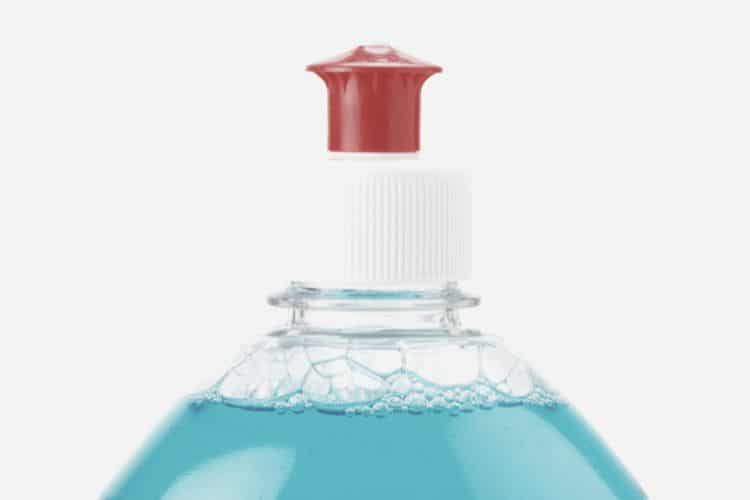

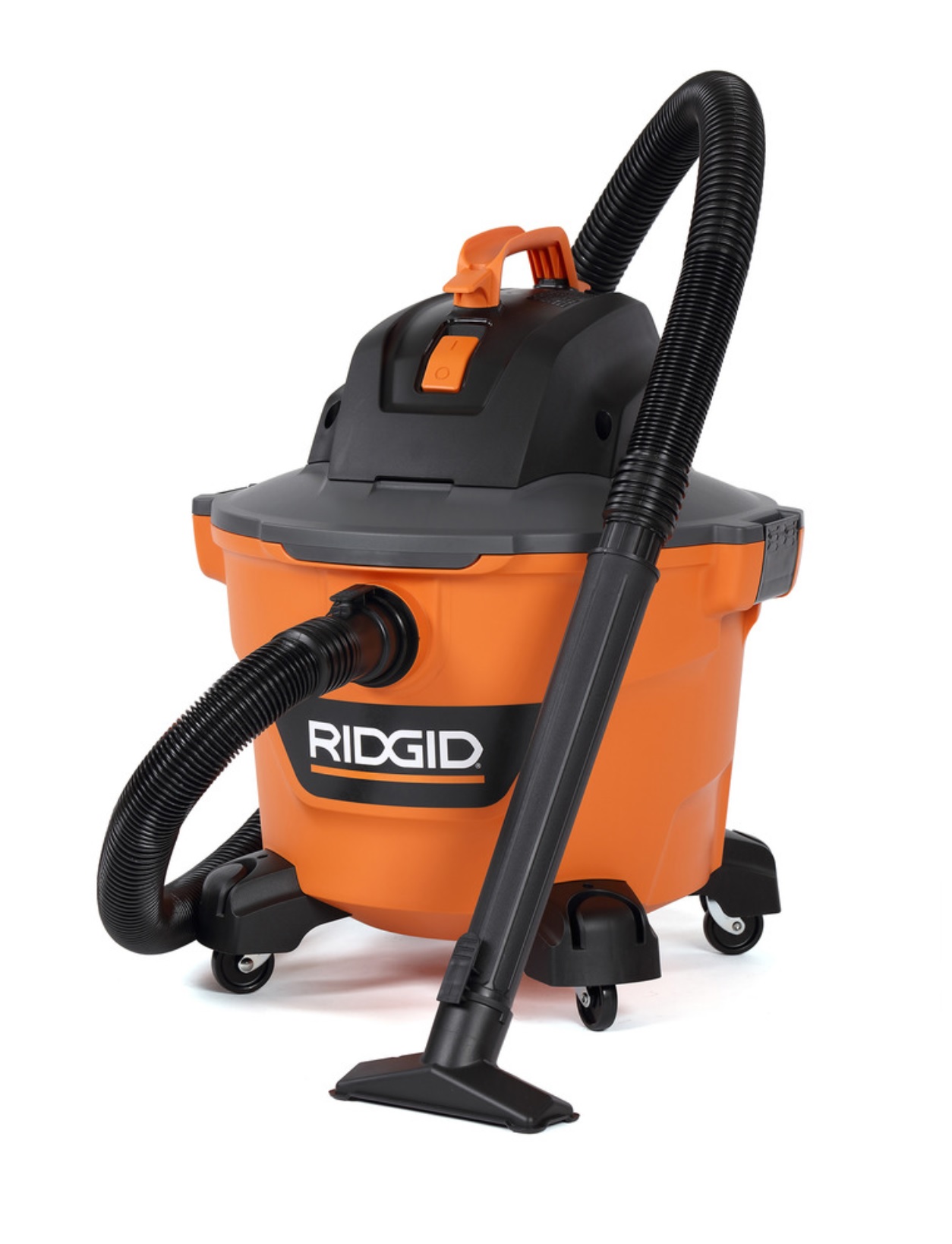







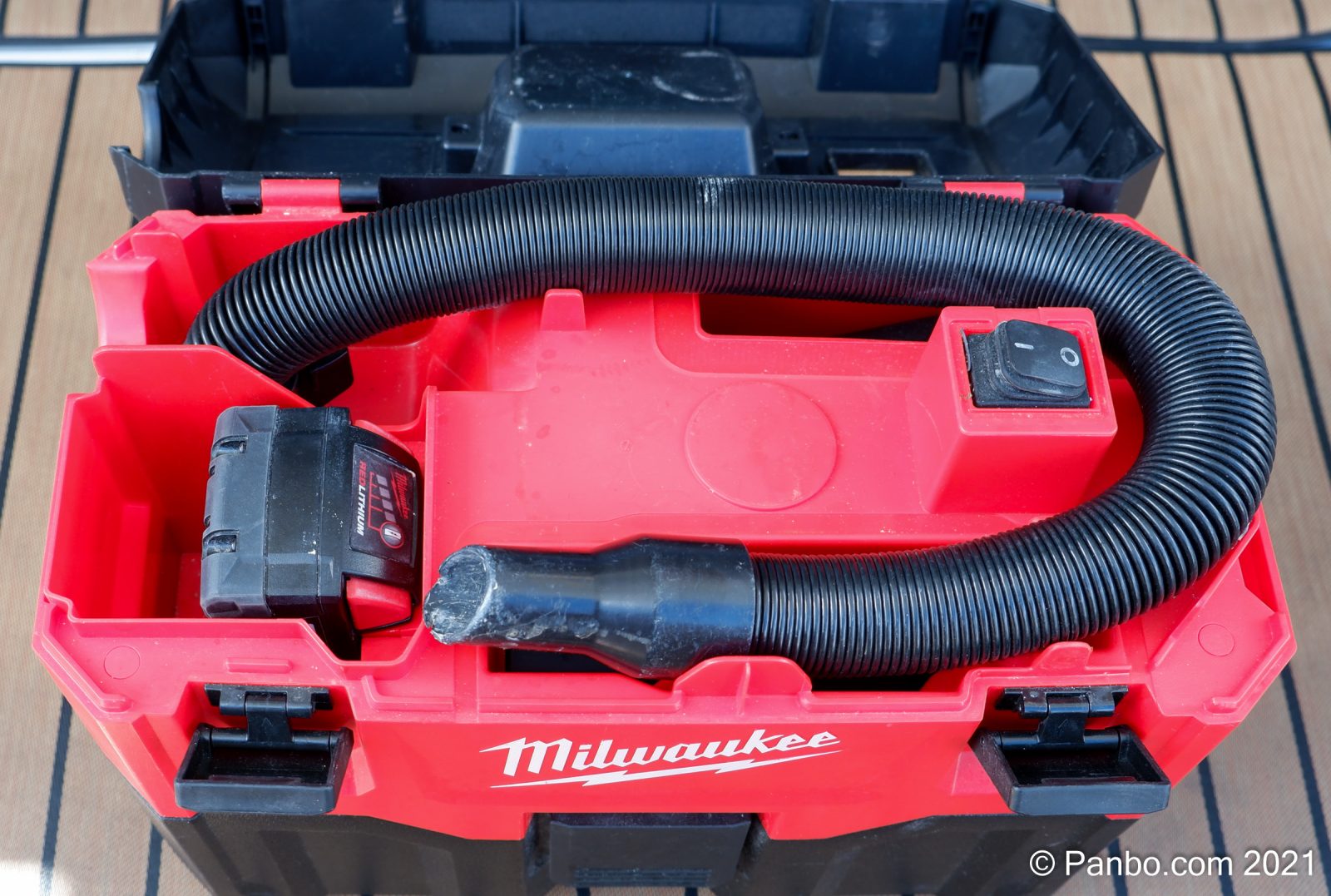




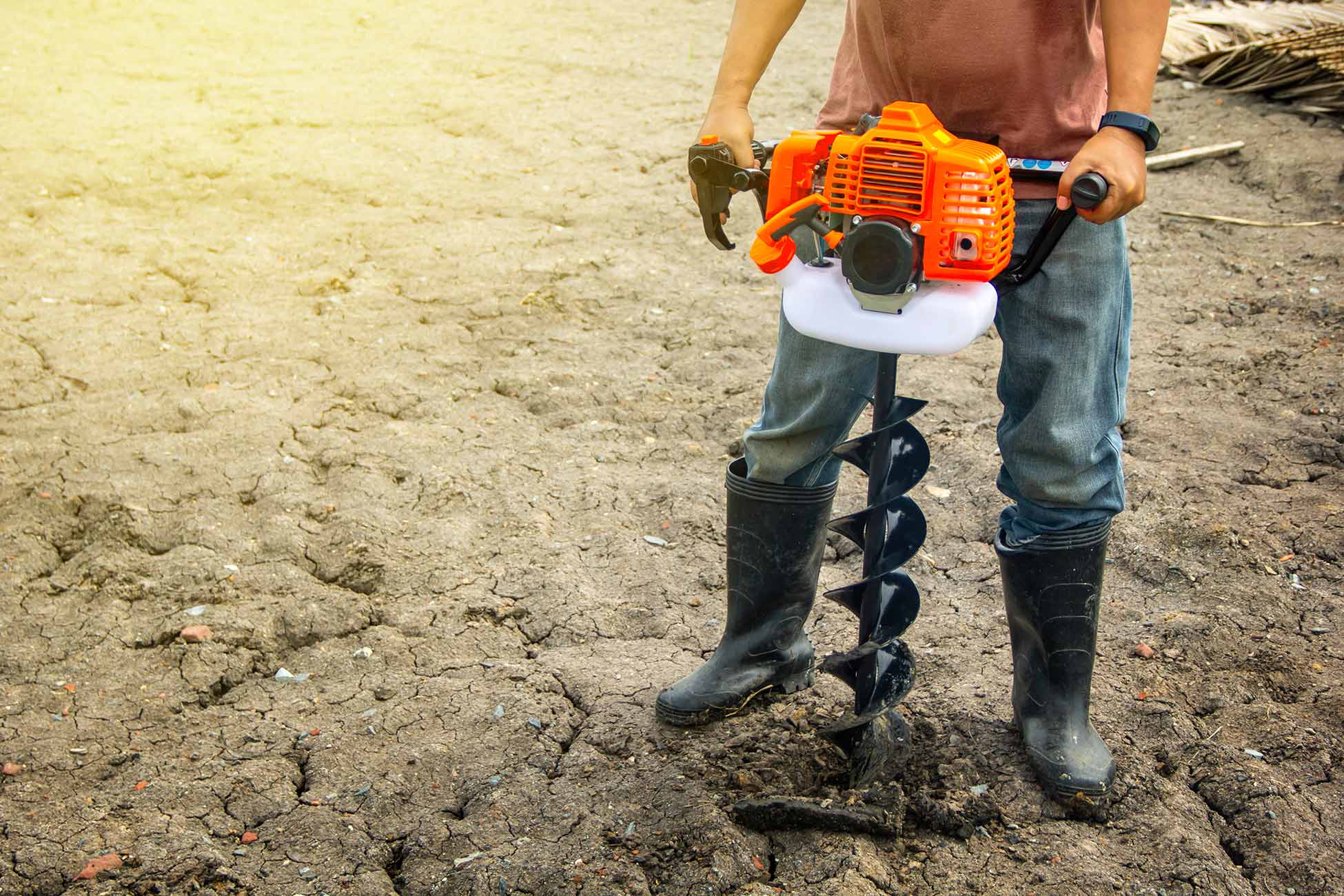
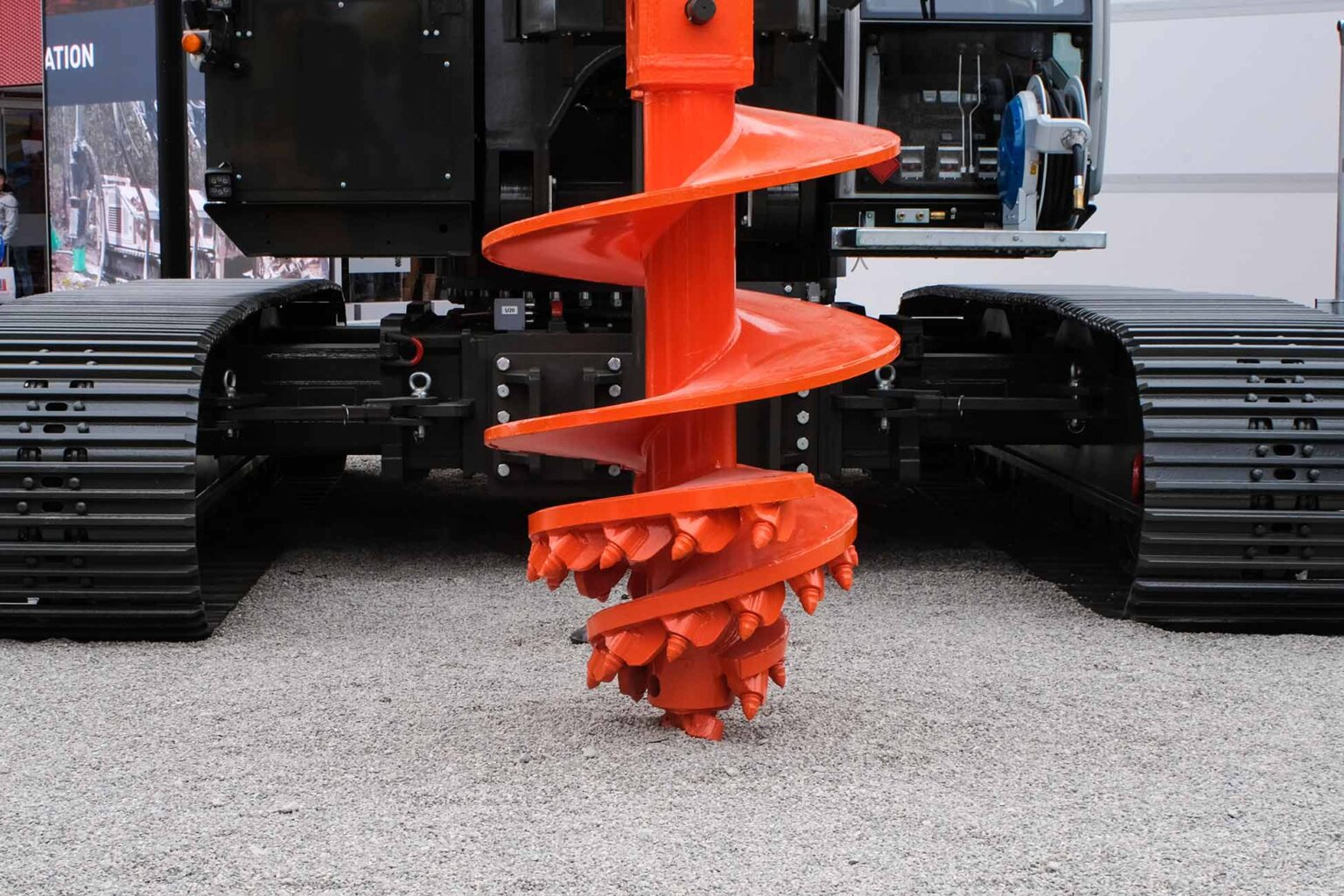







/how-to-install-a-sink-drain-2718789-hero-24e898006ed94c9593a2a268b57989a3.jpg)

